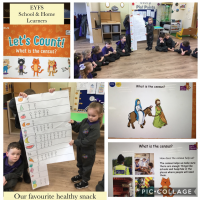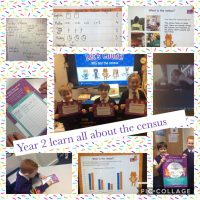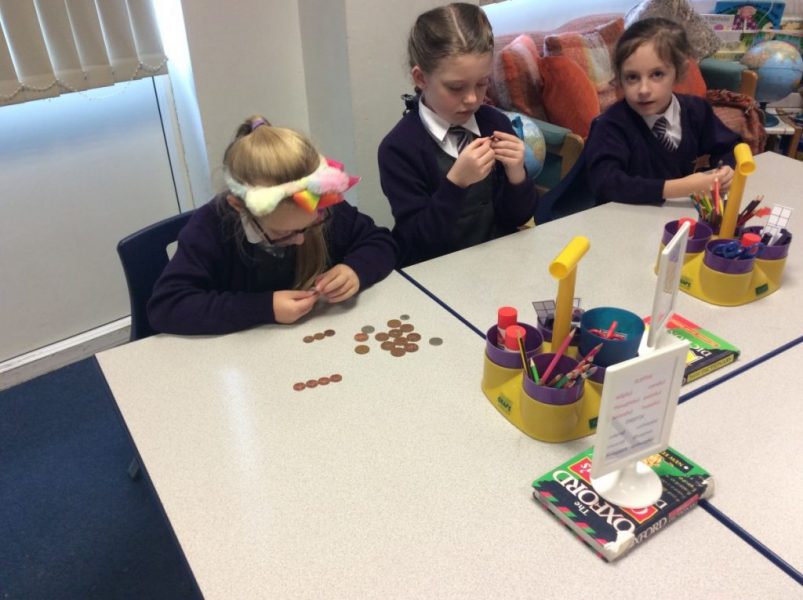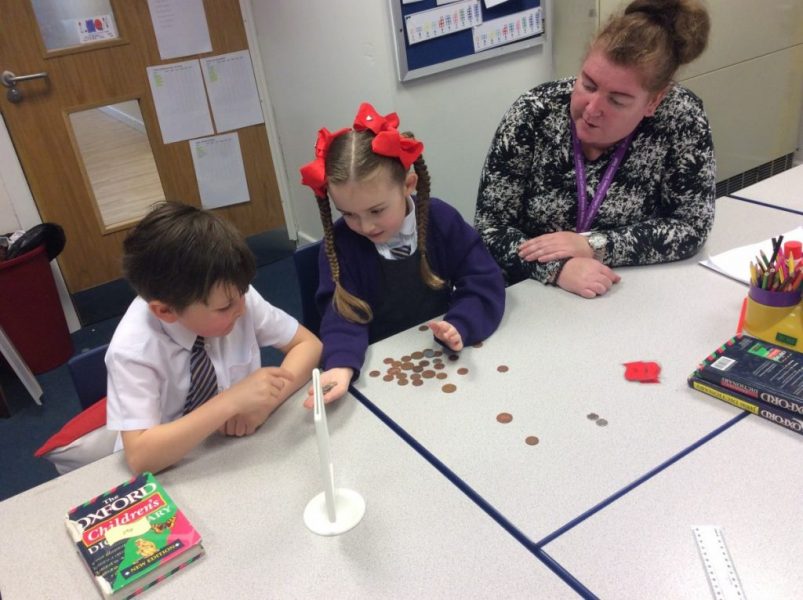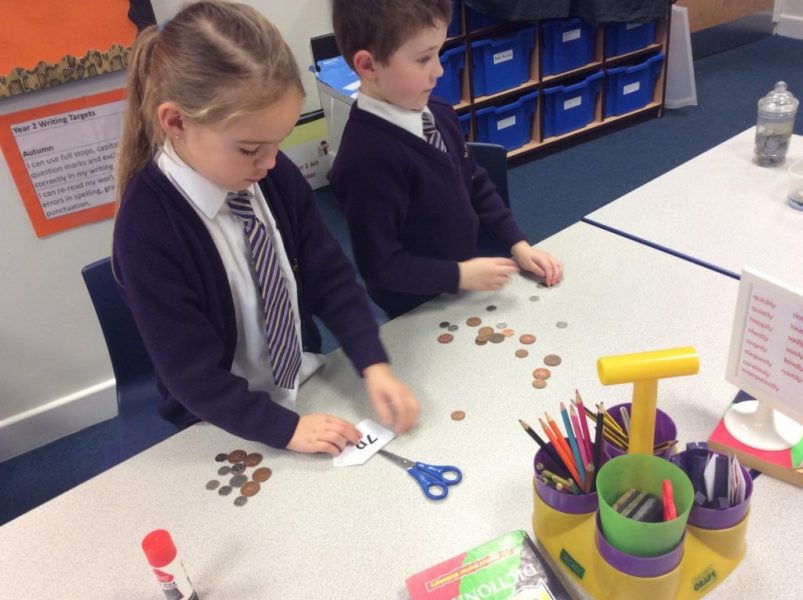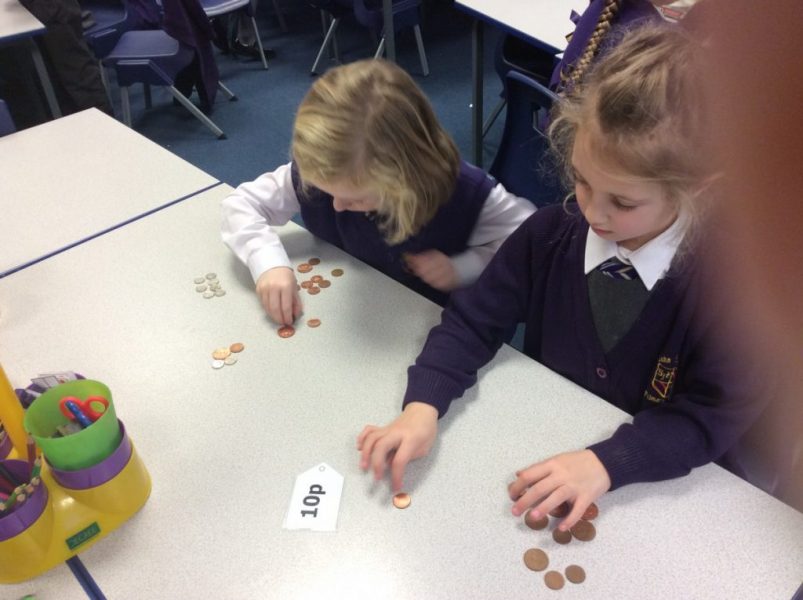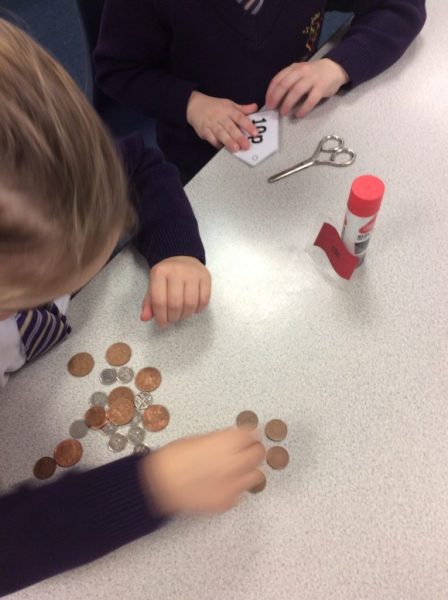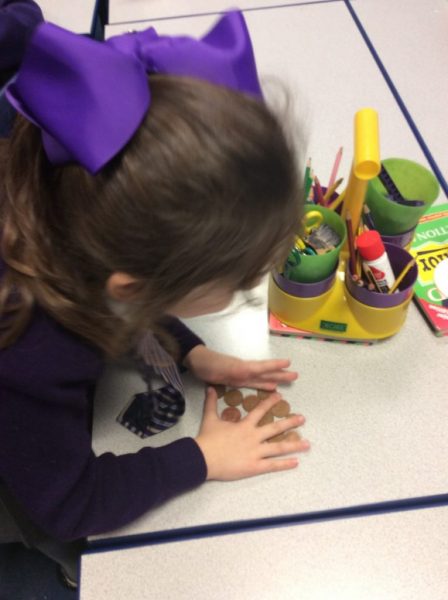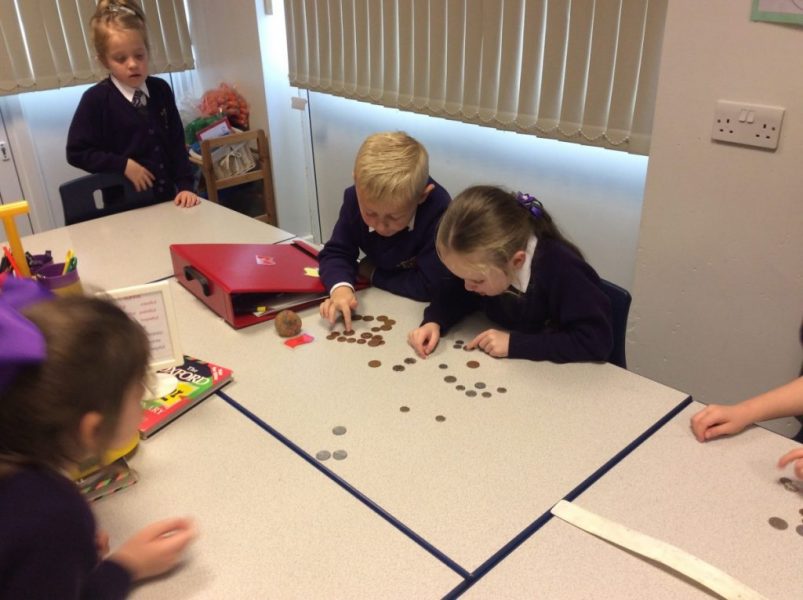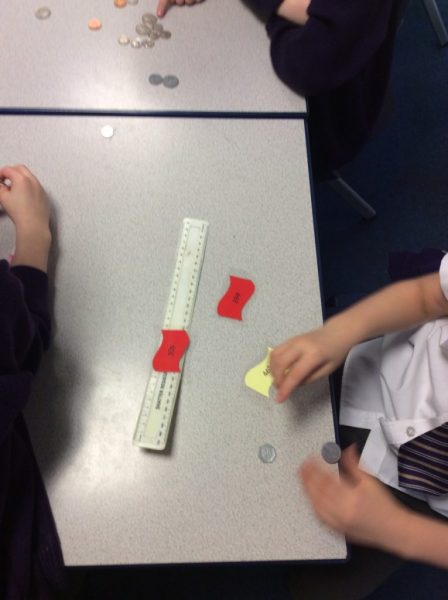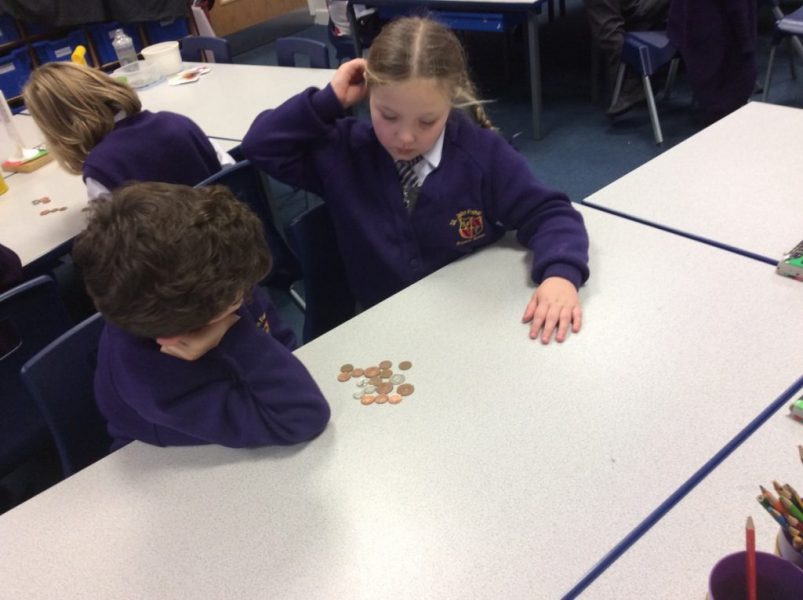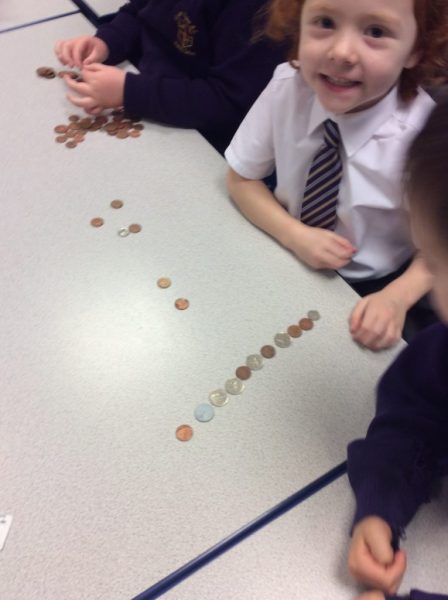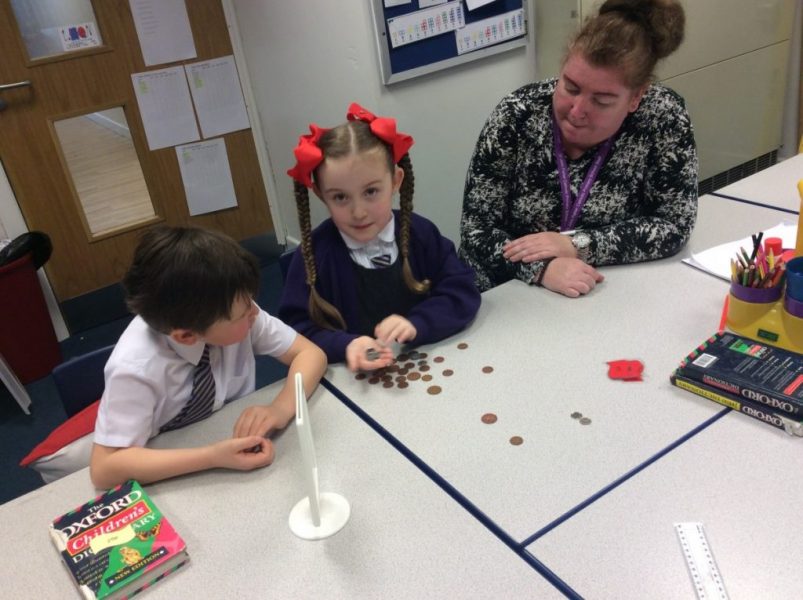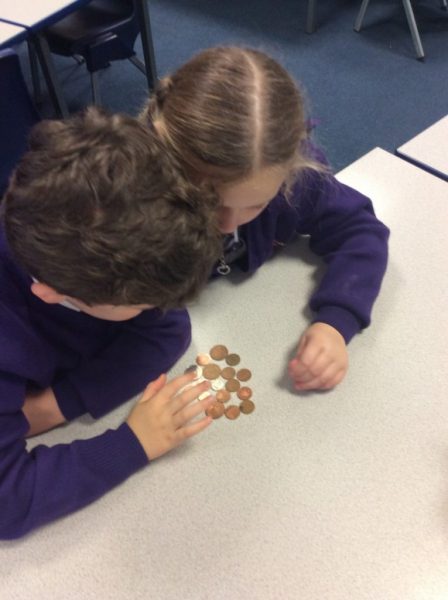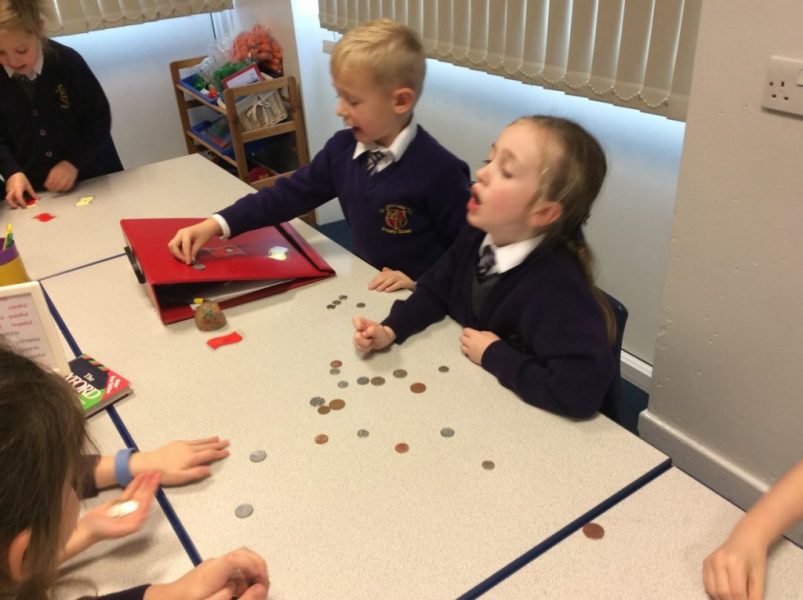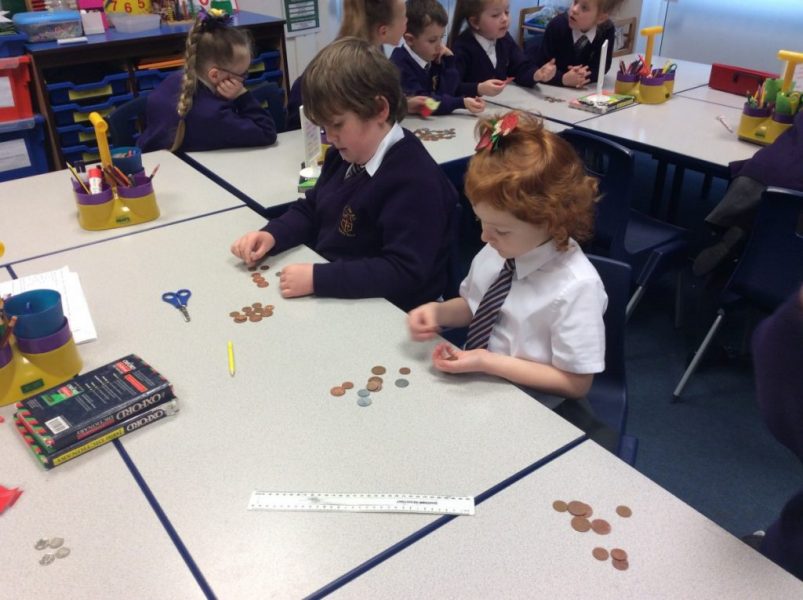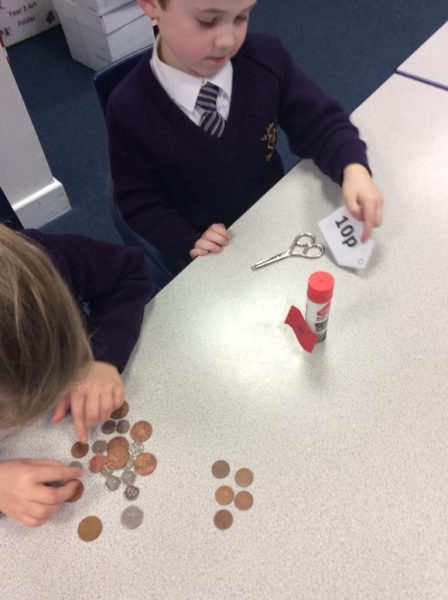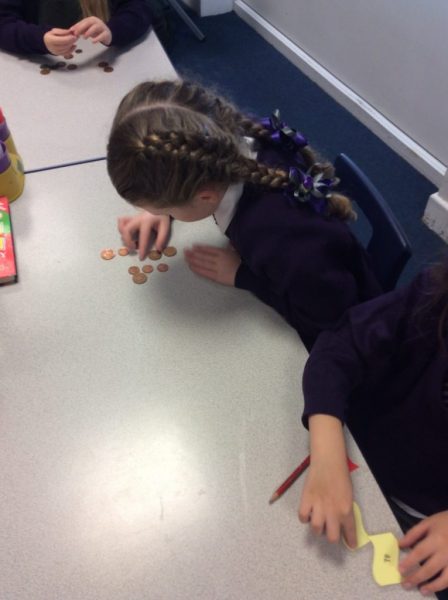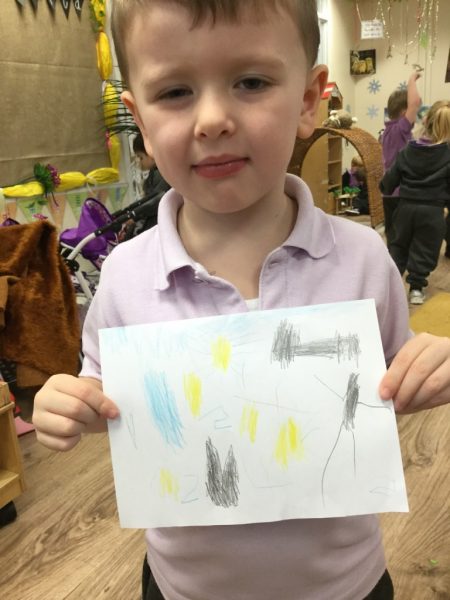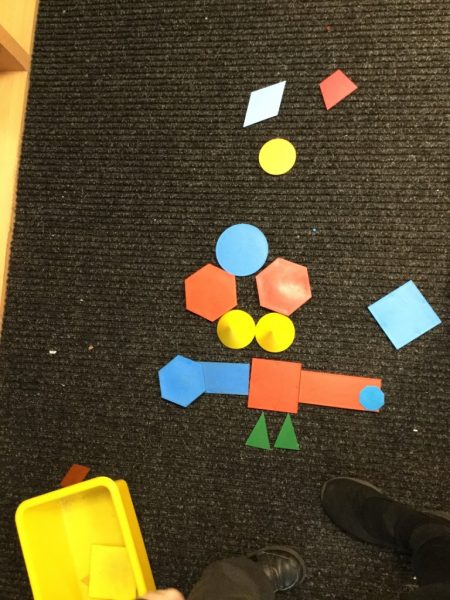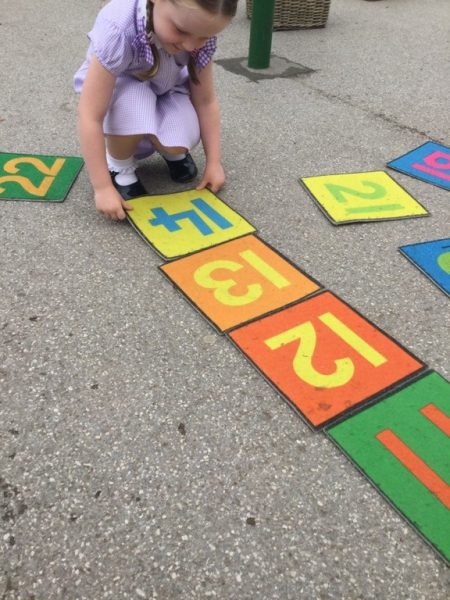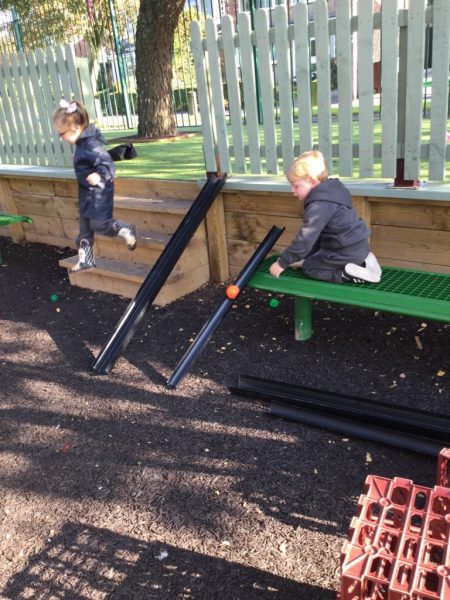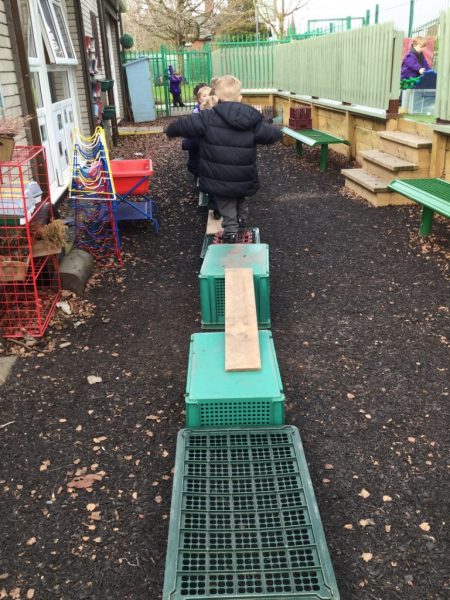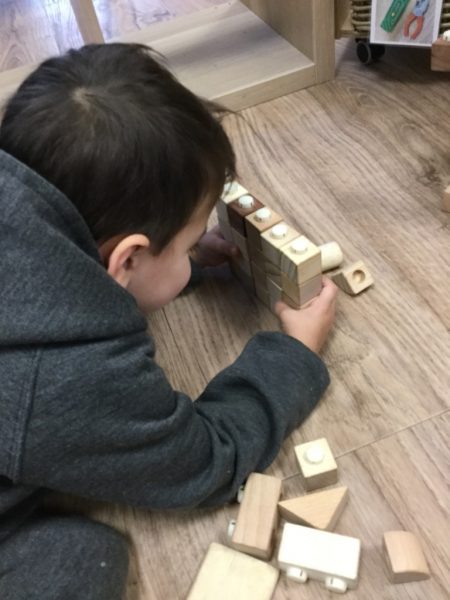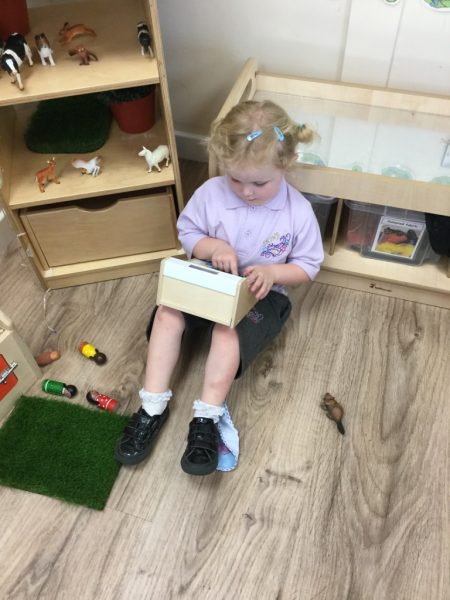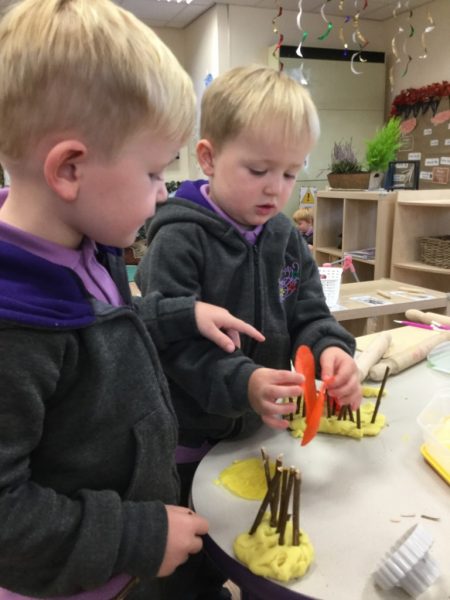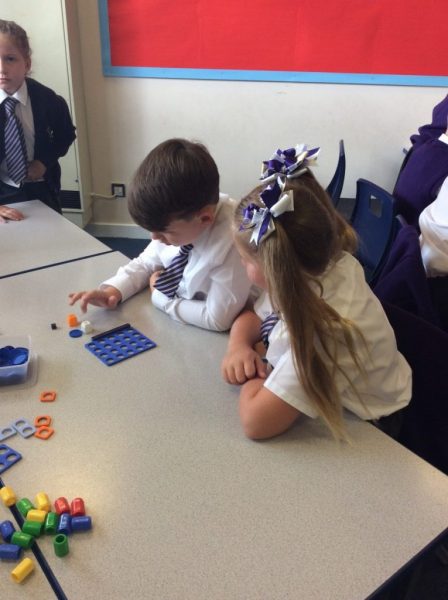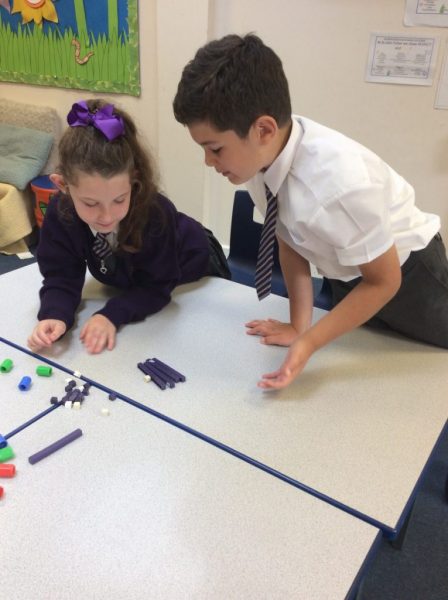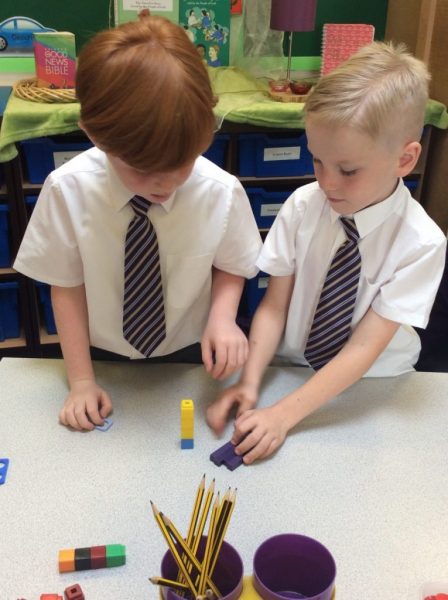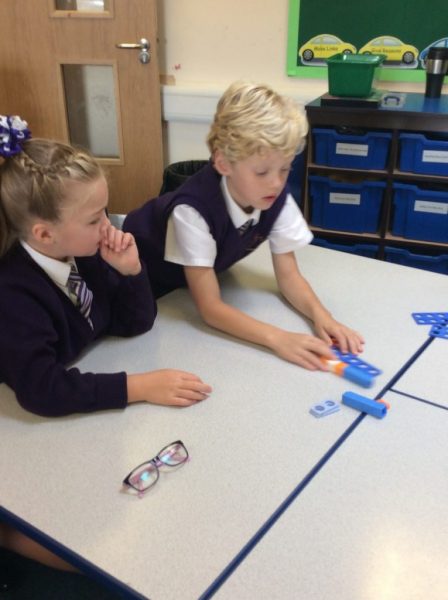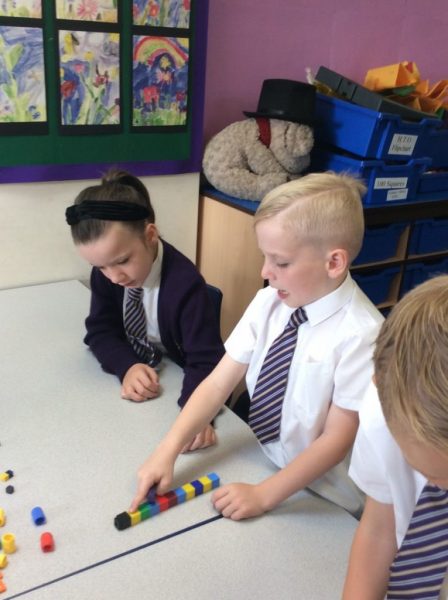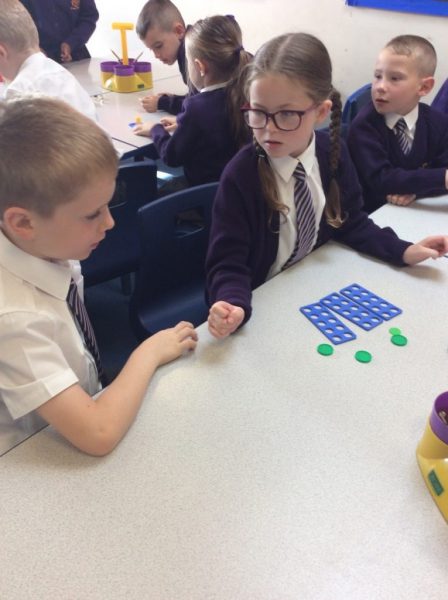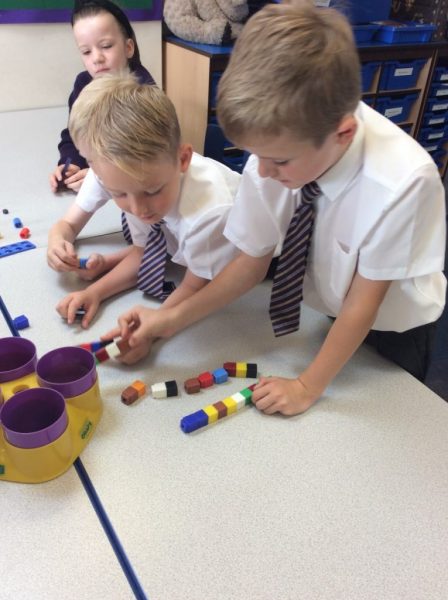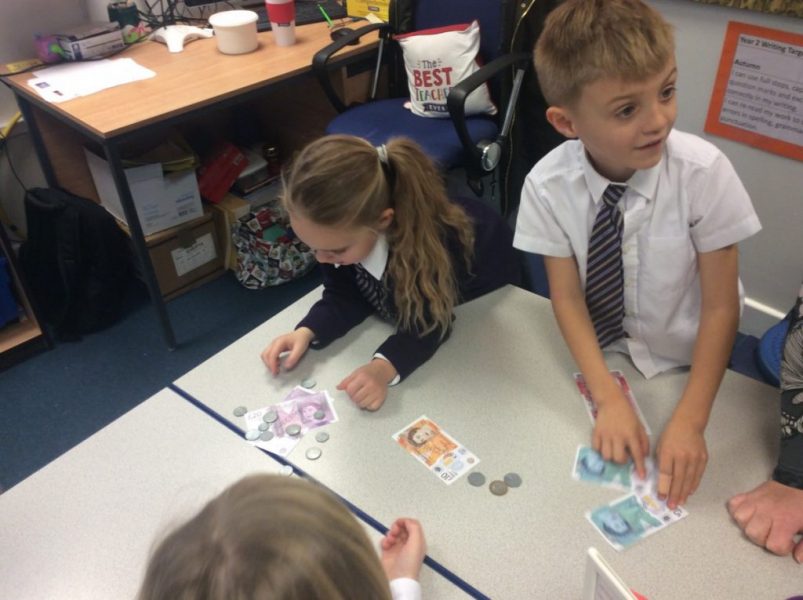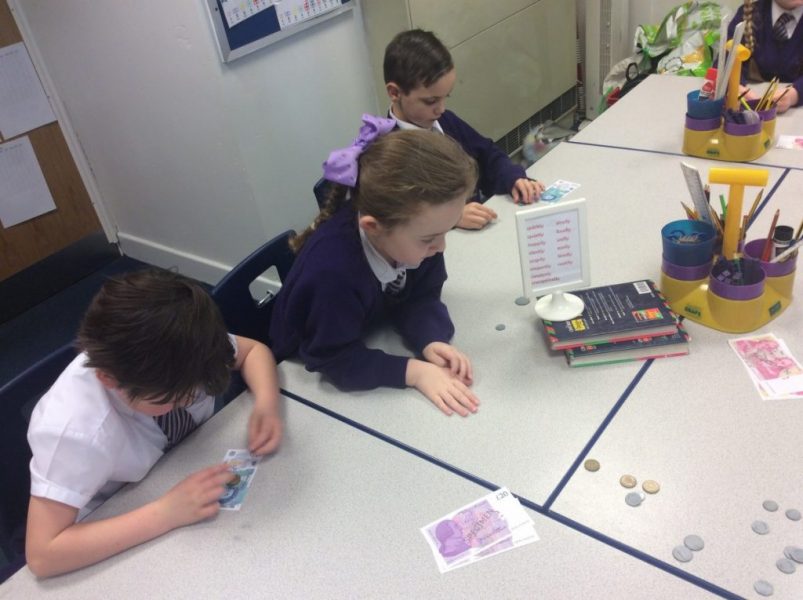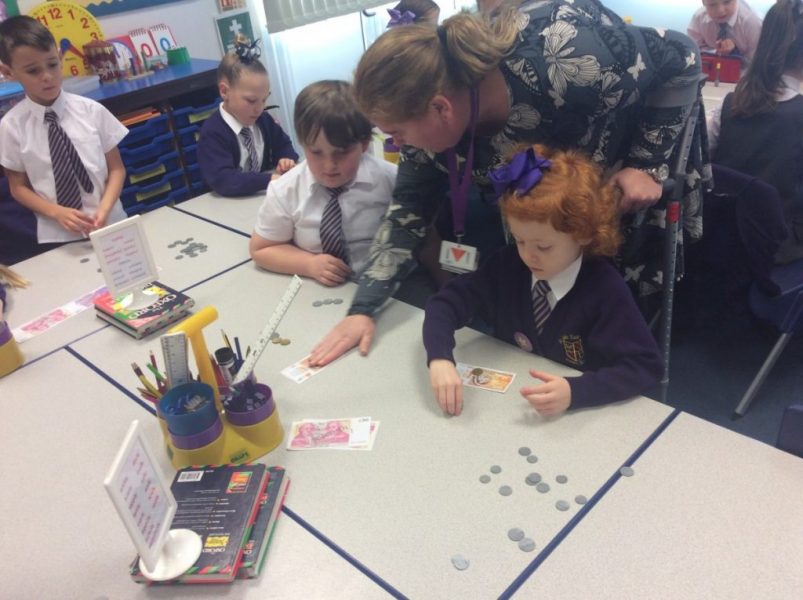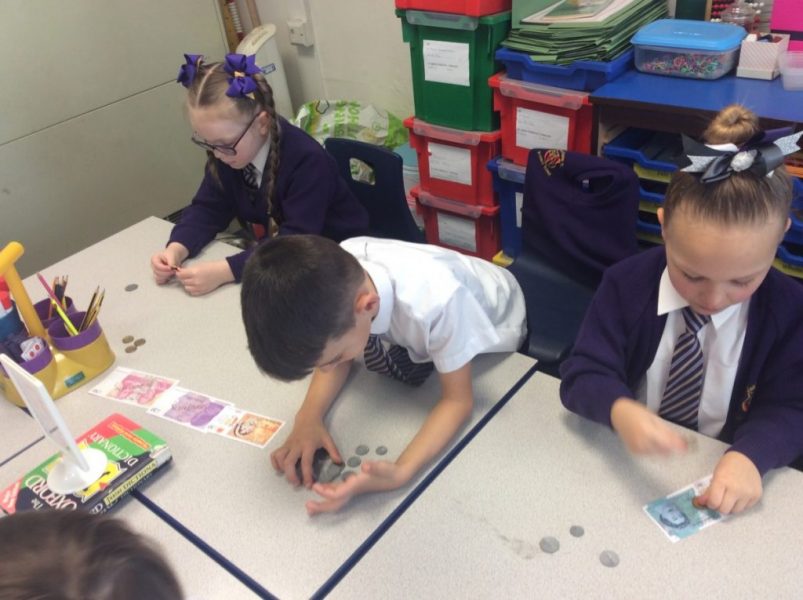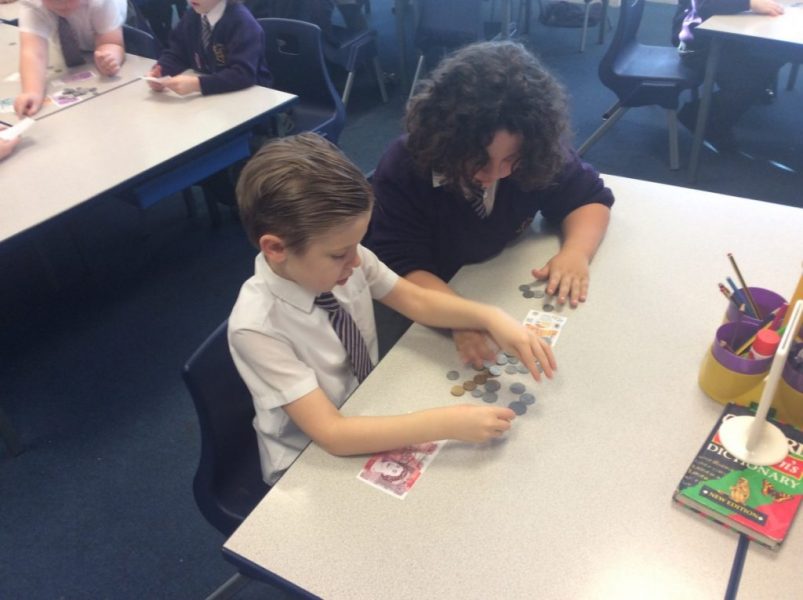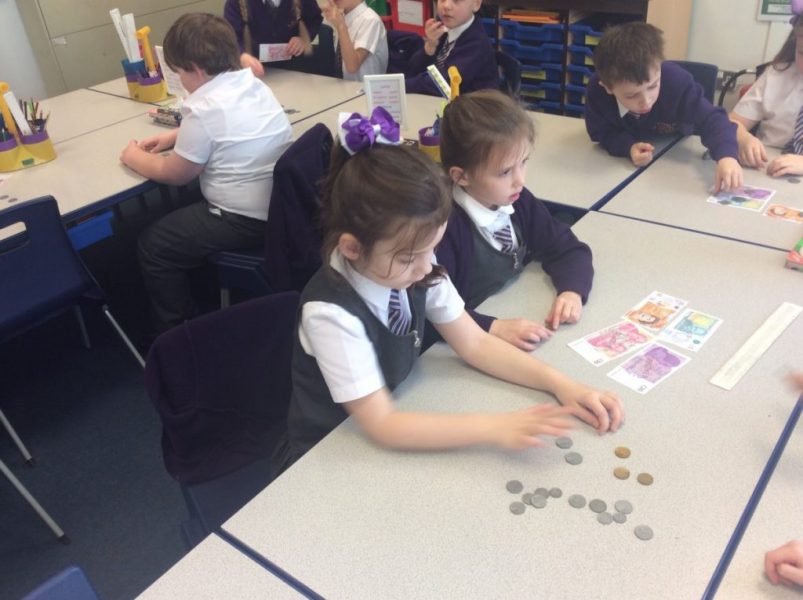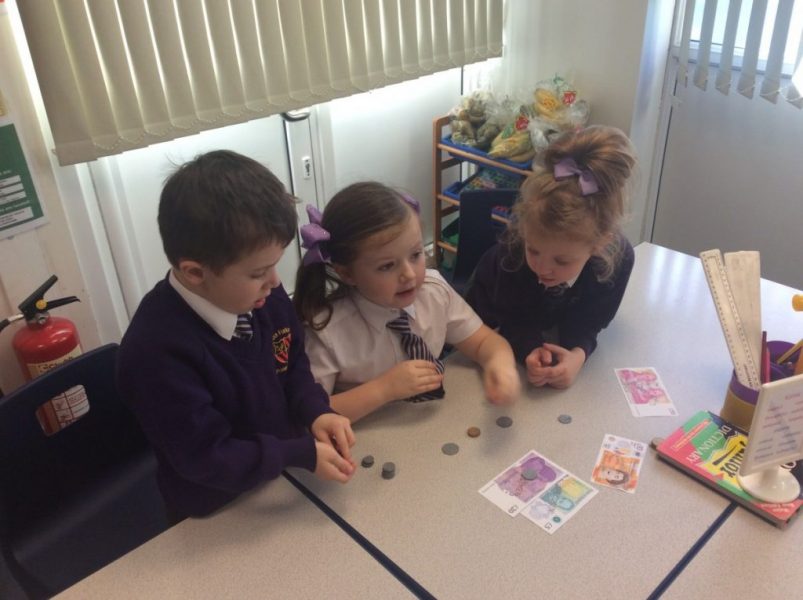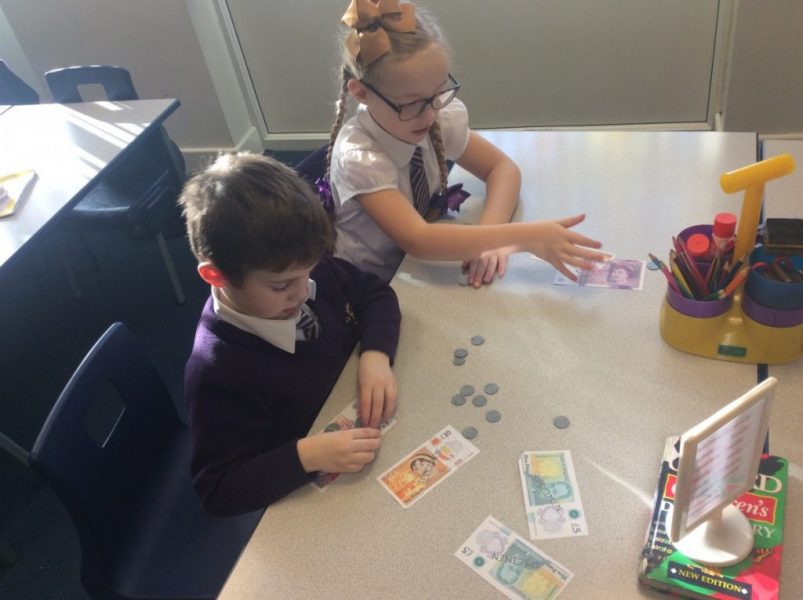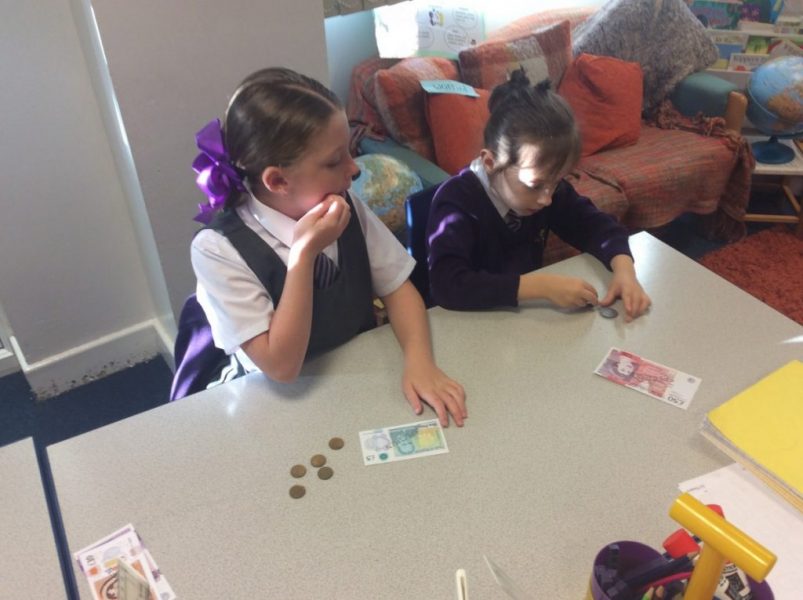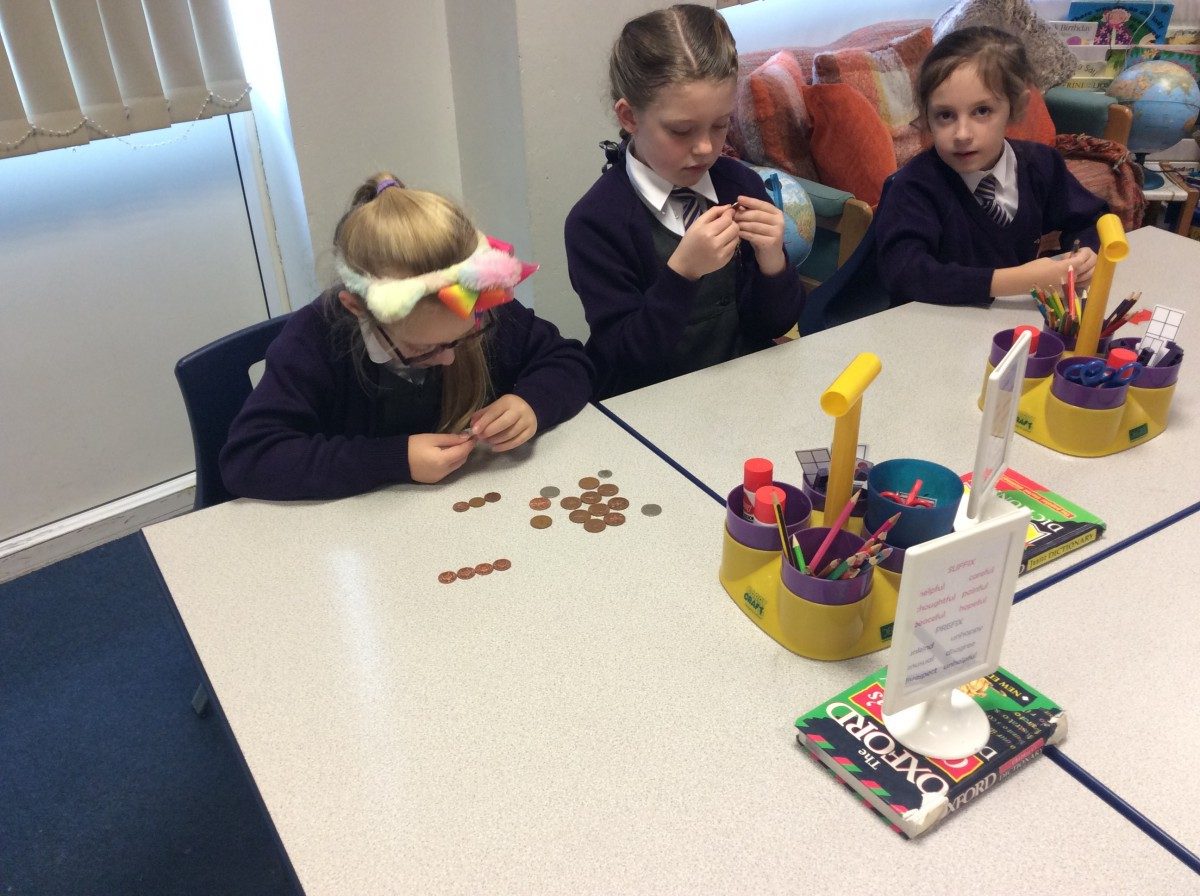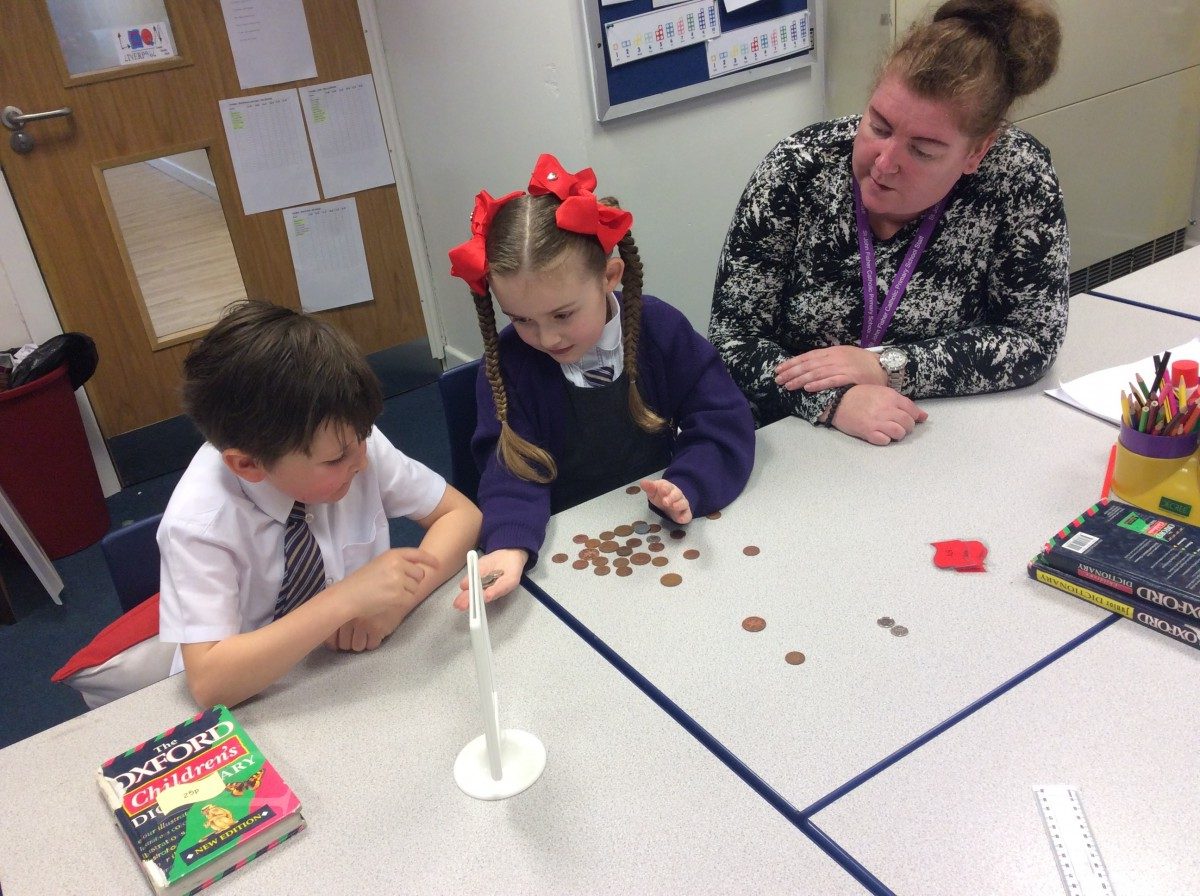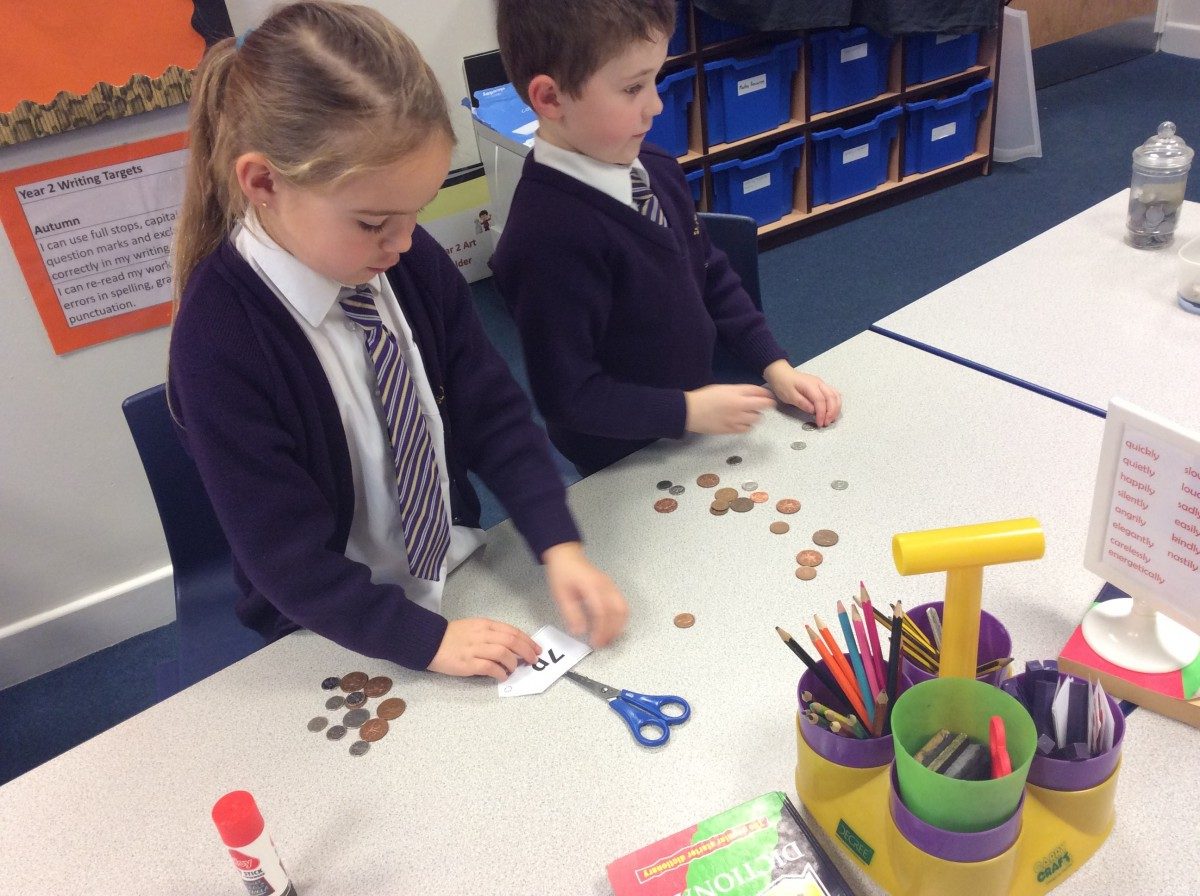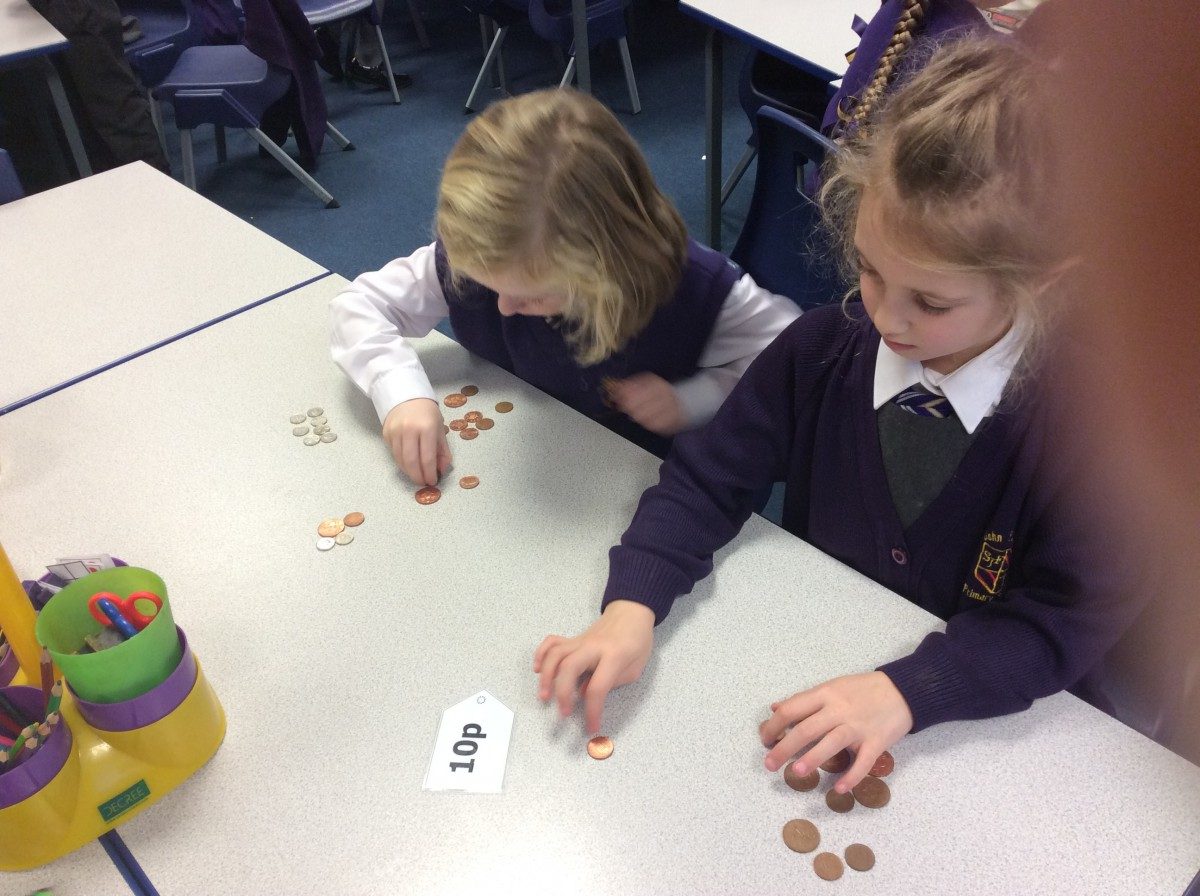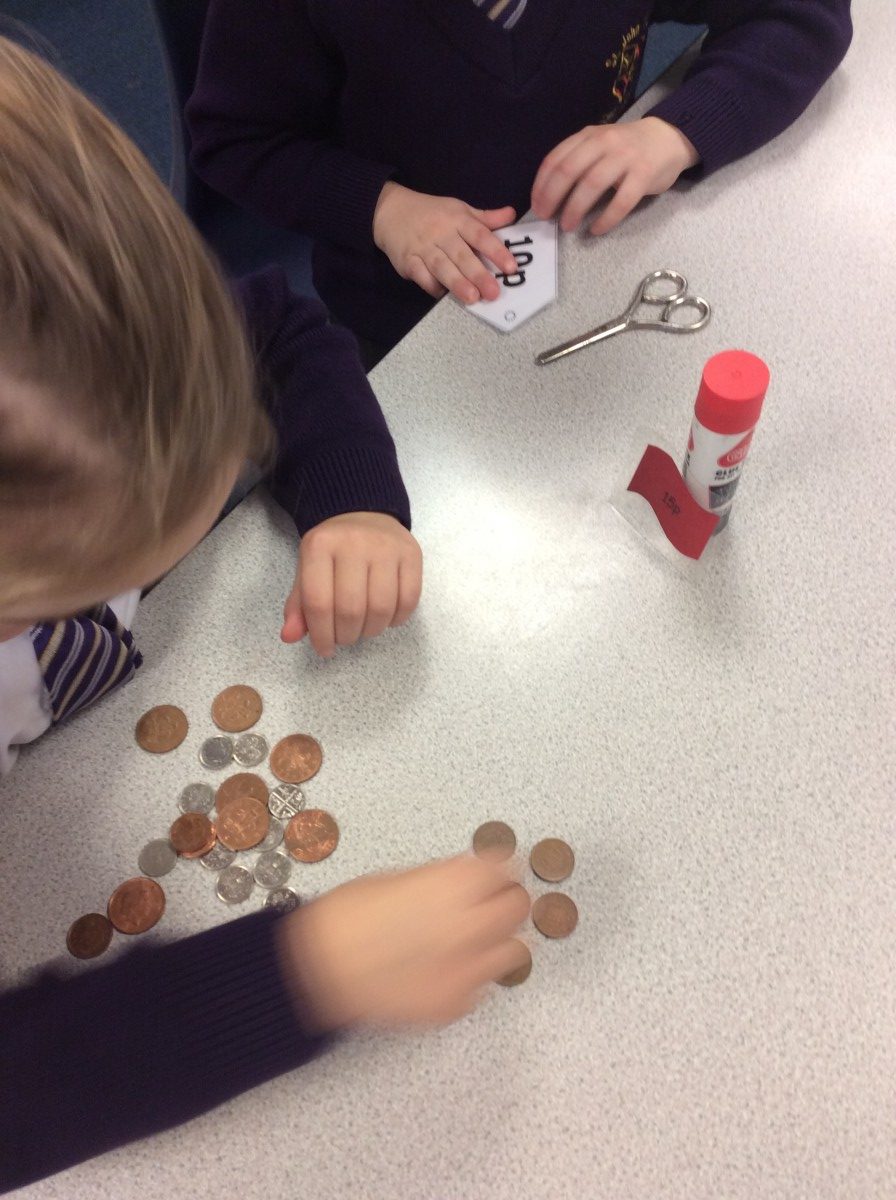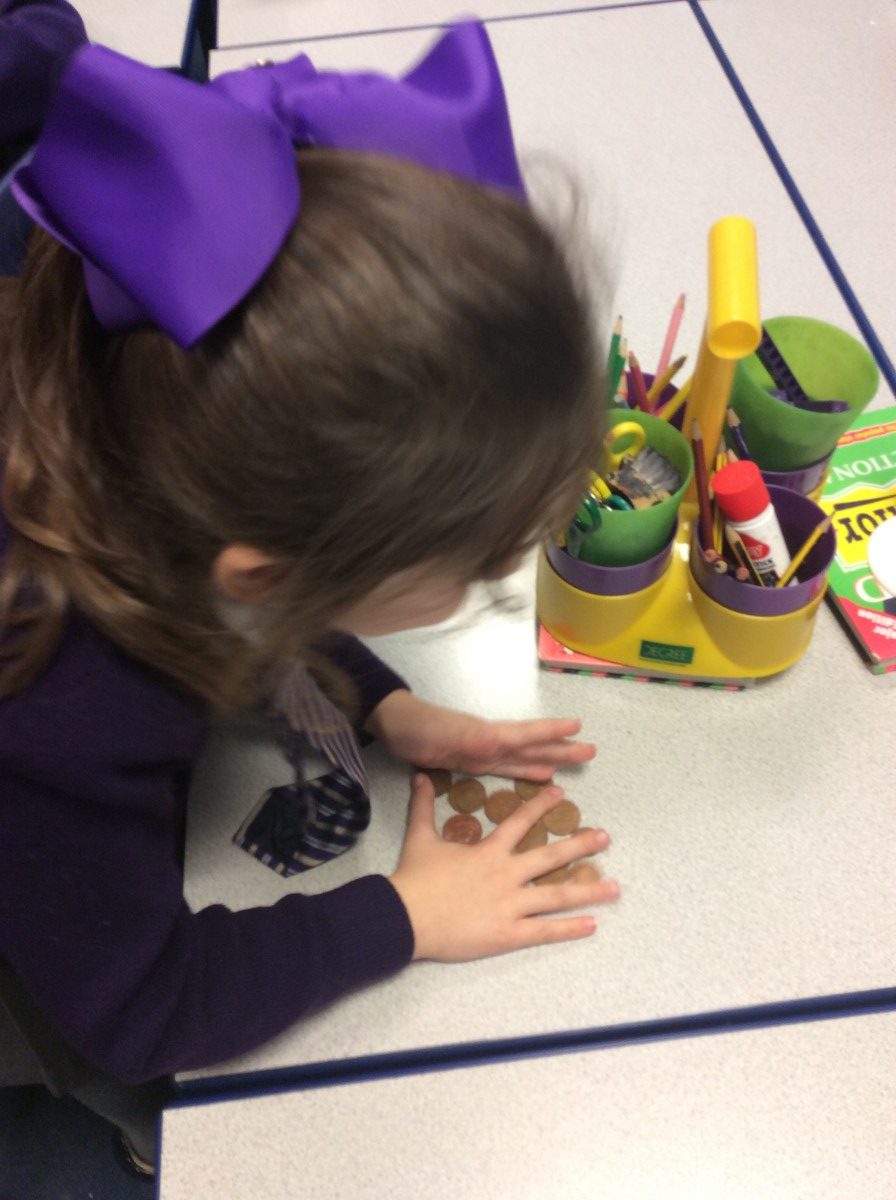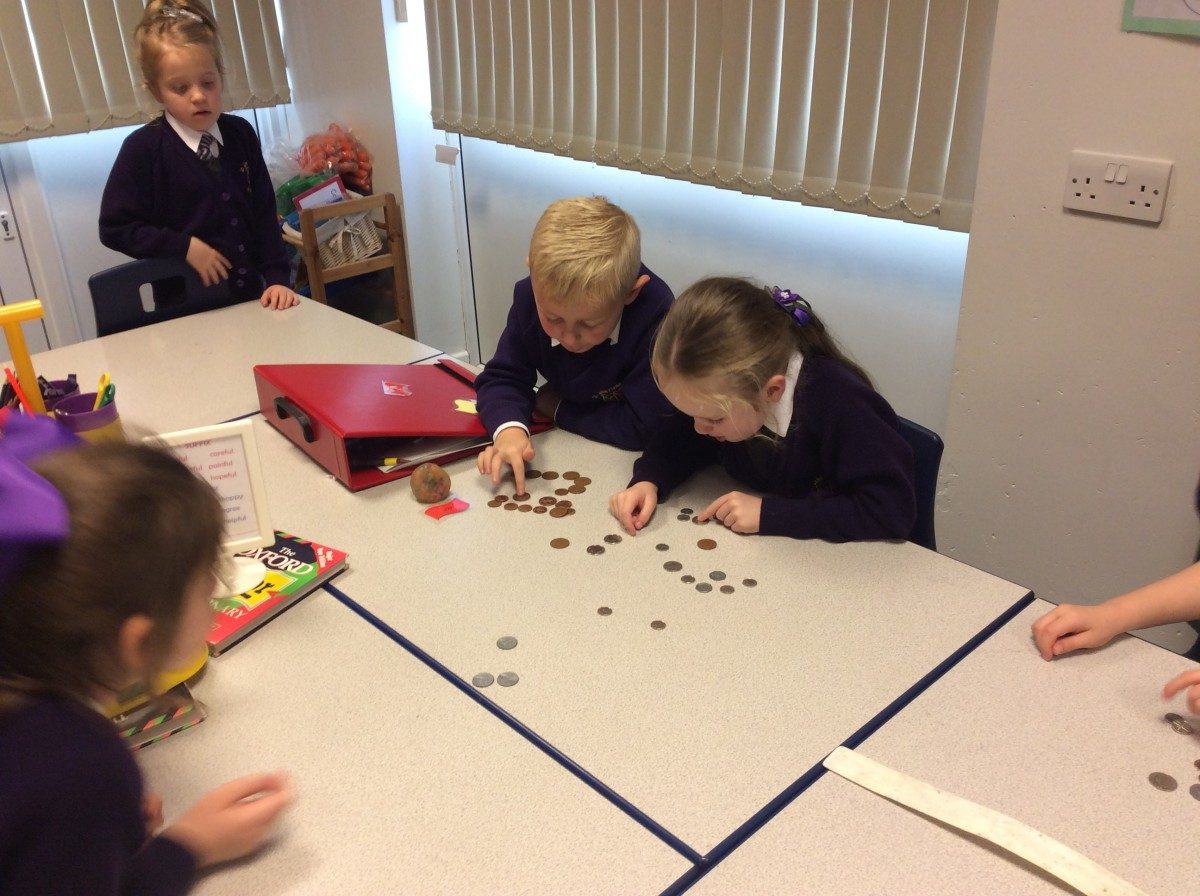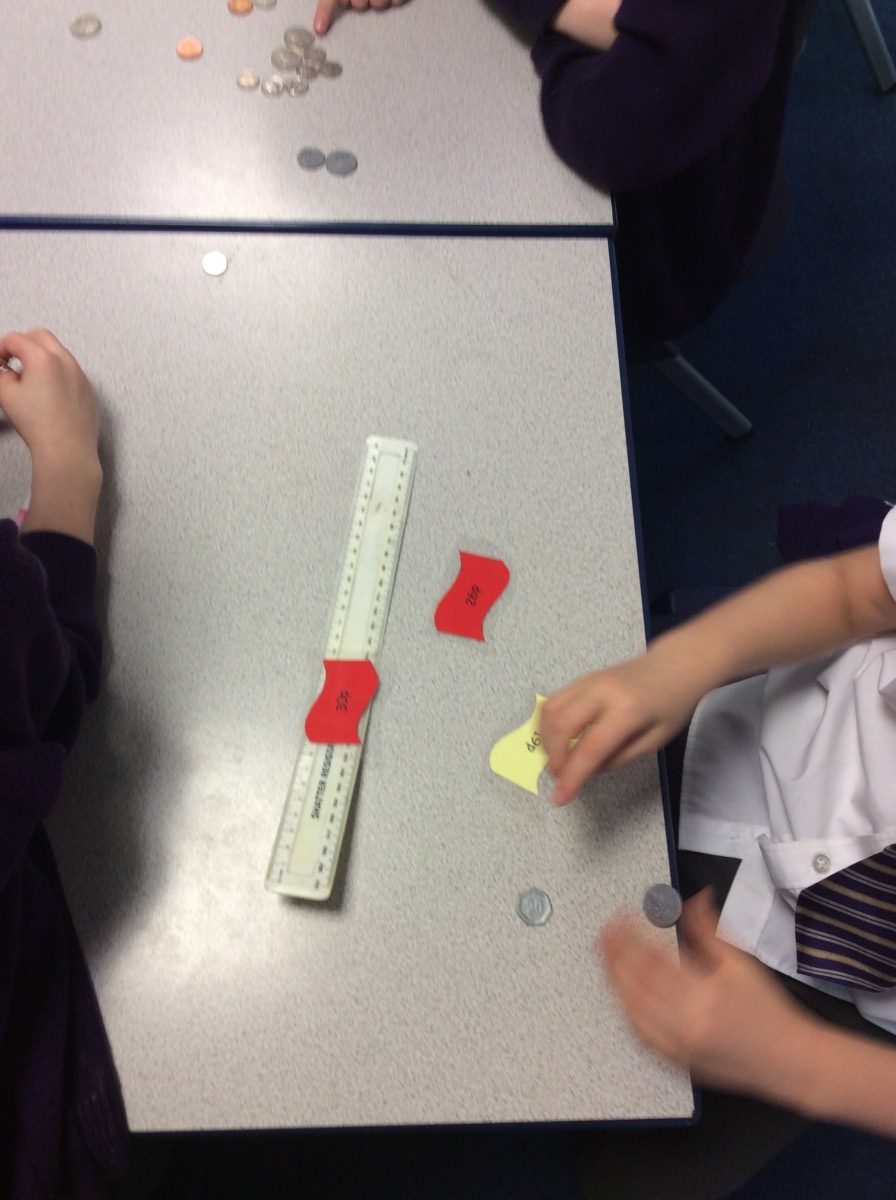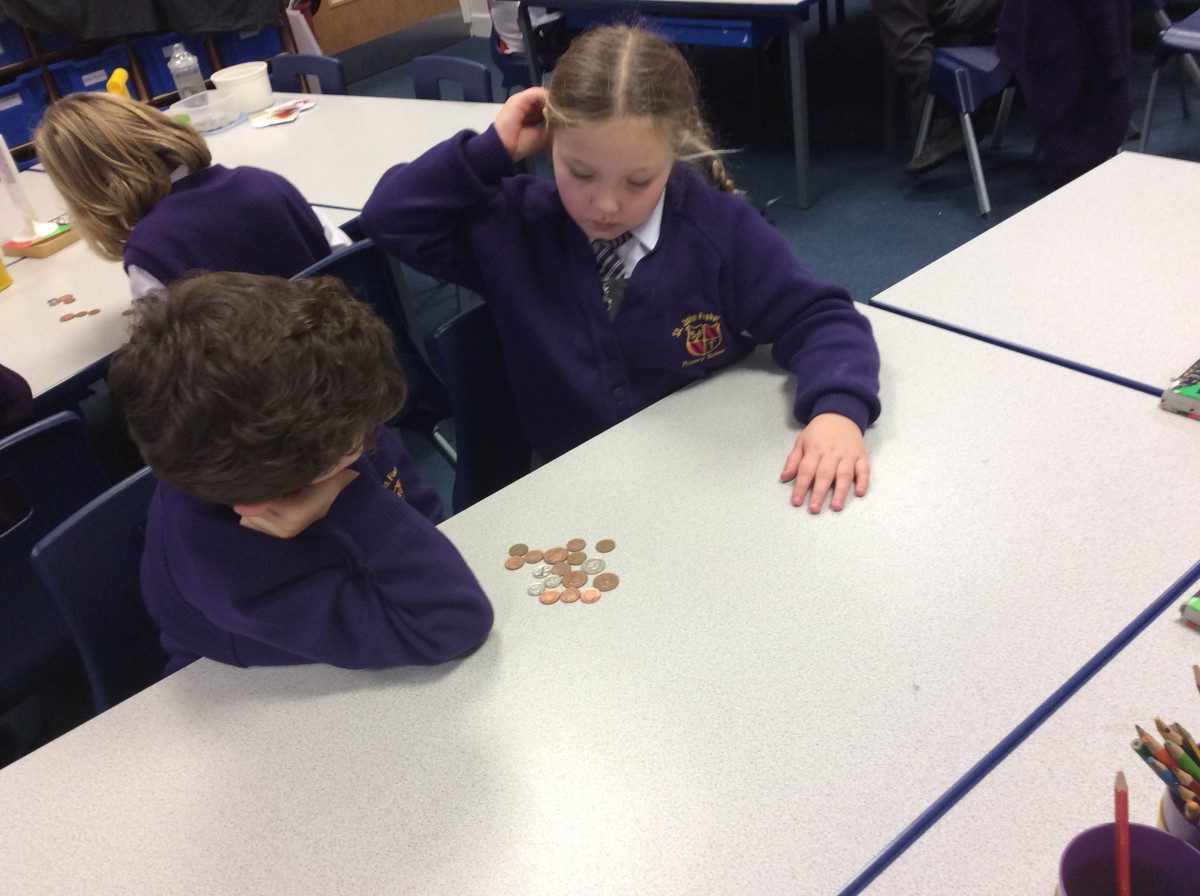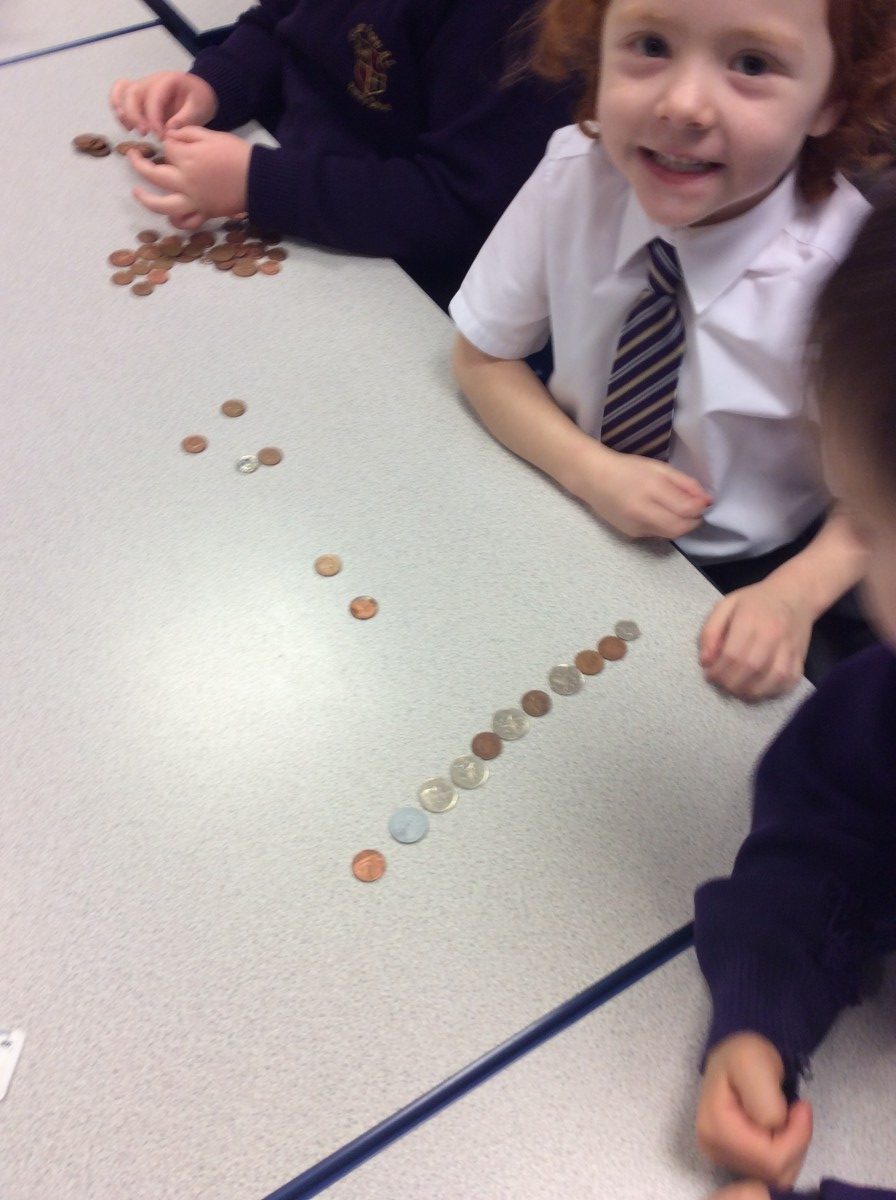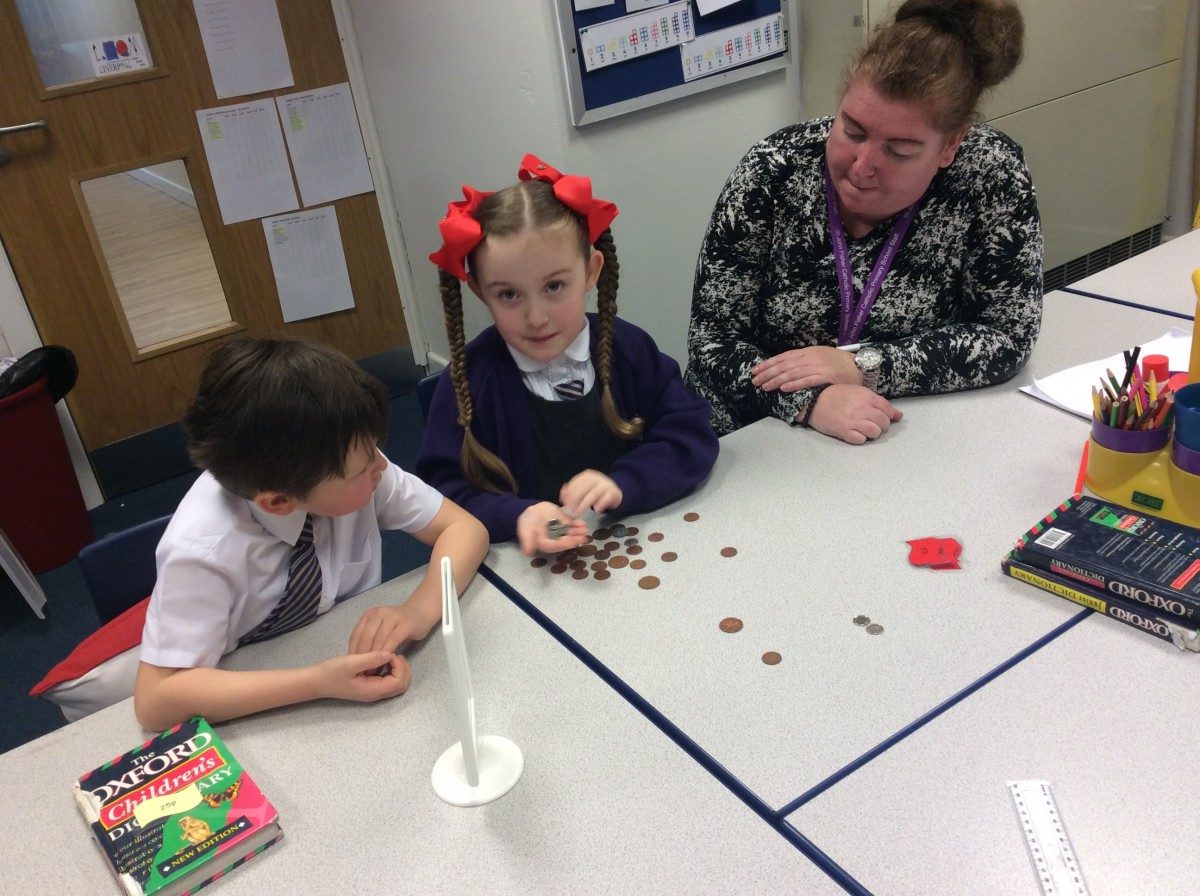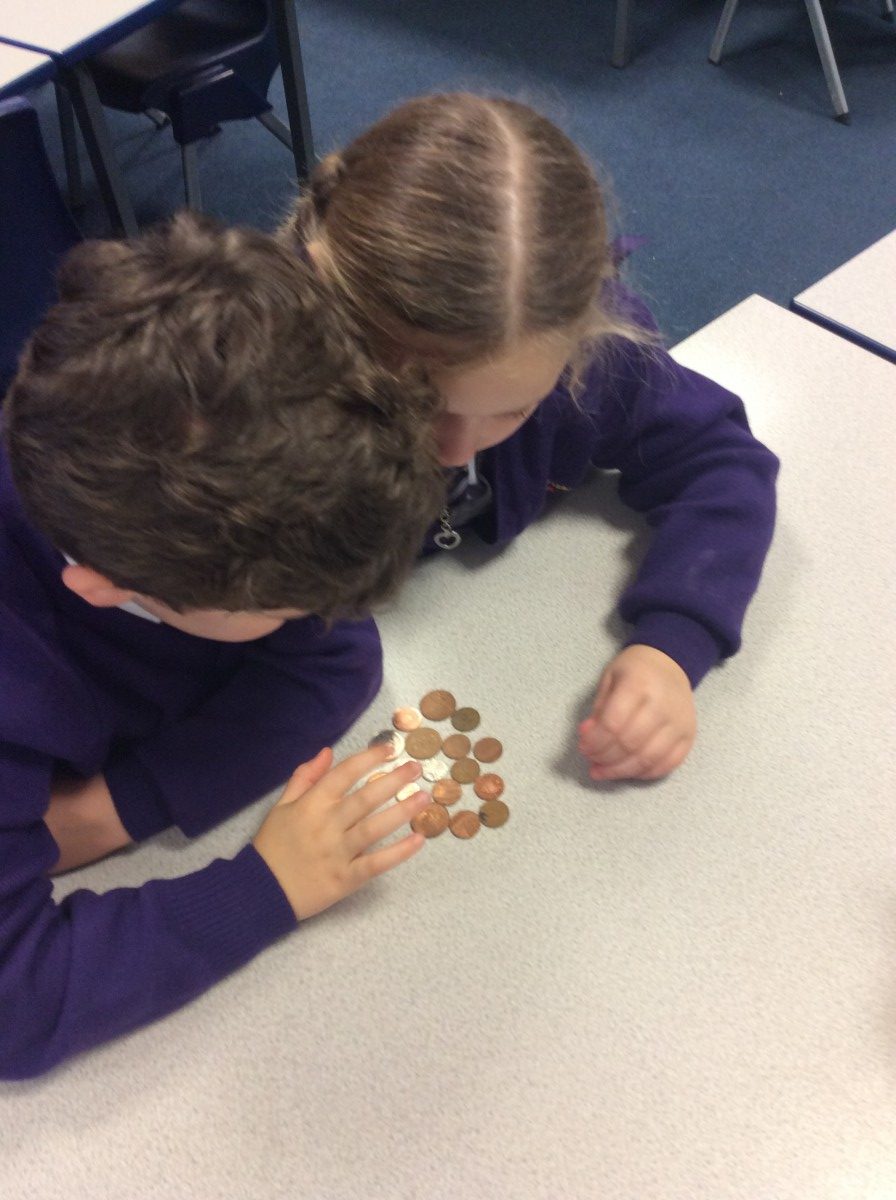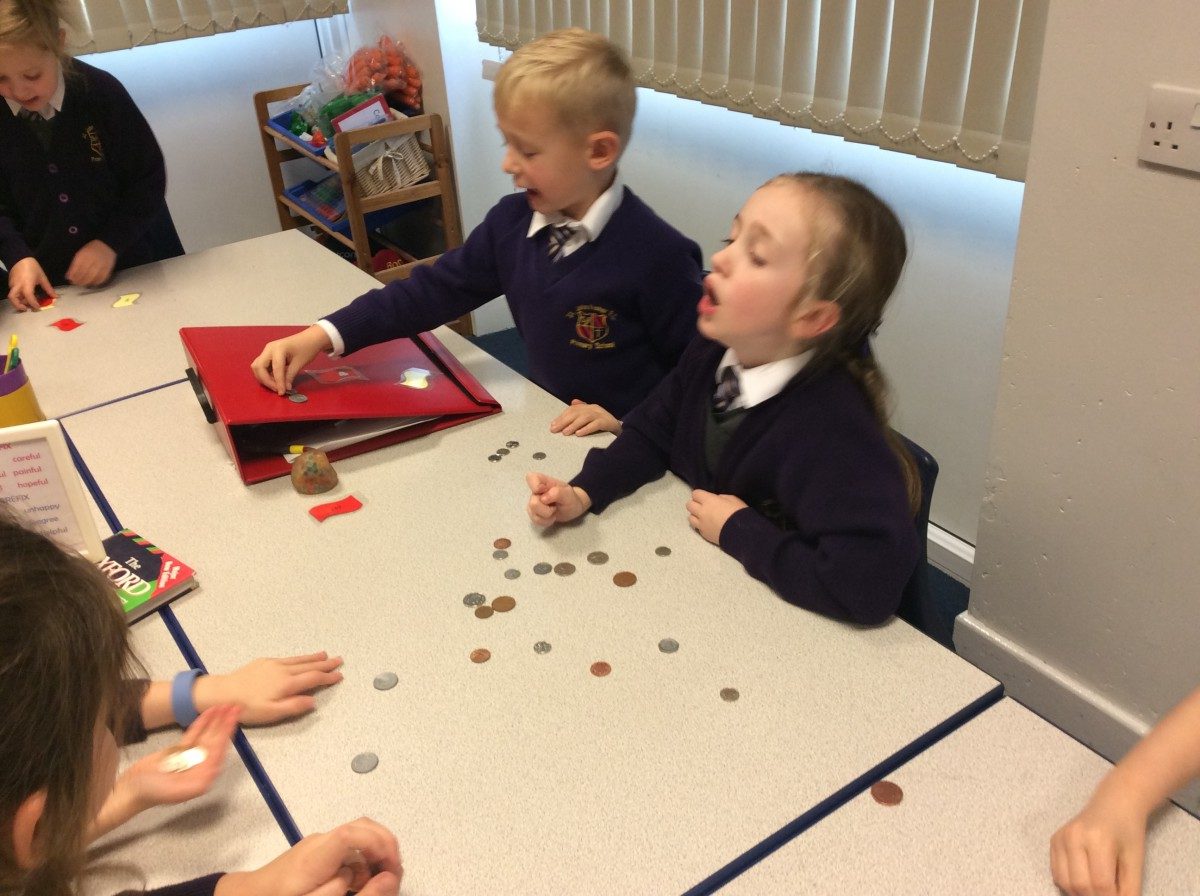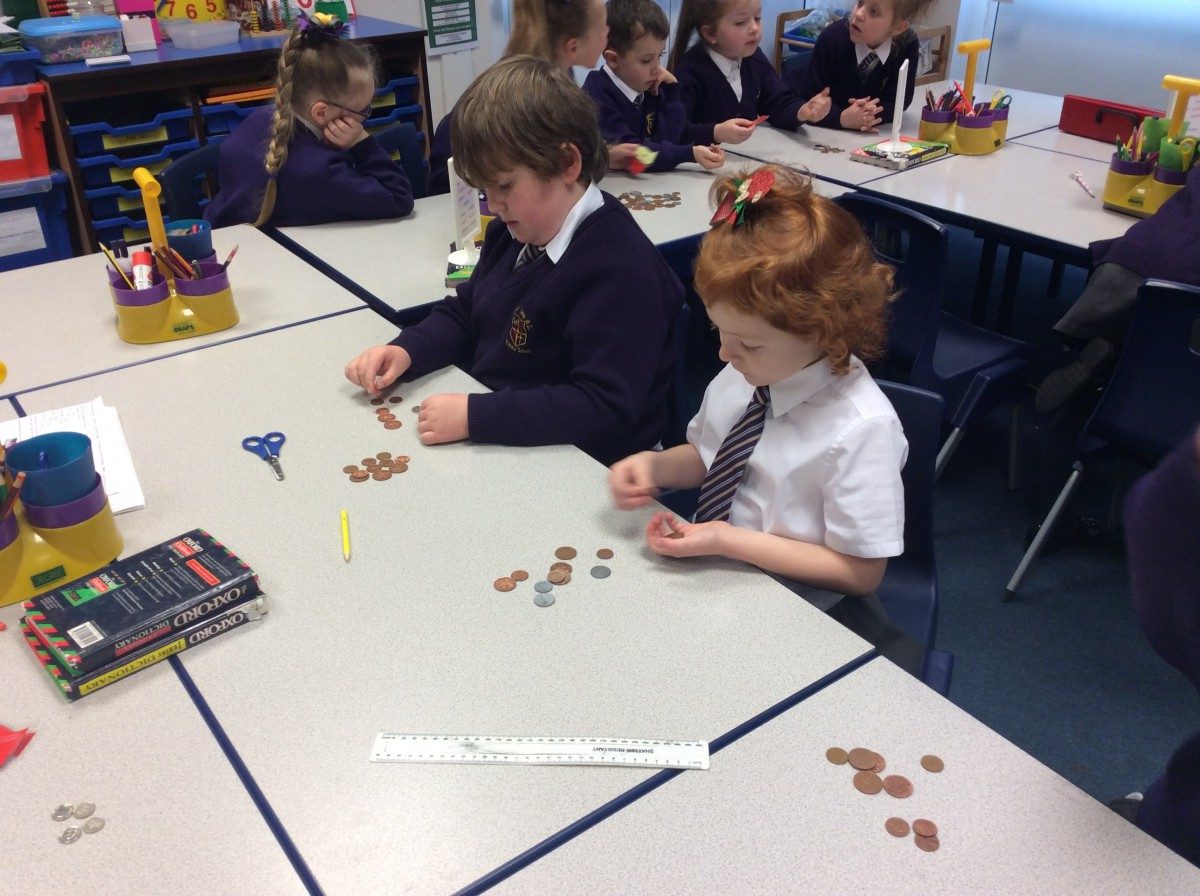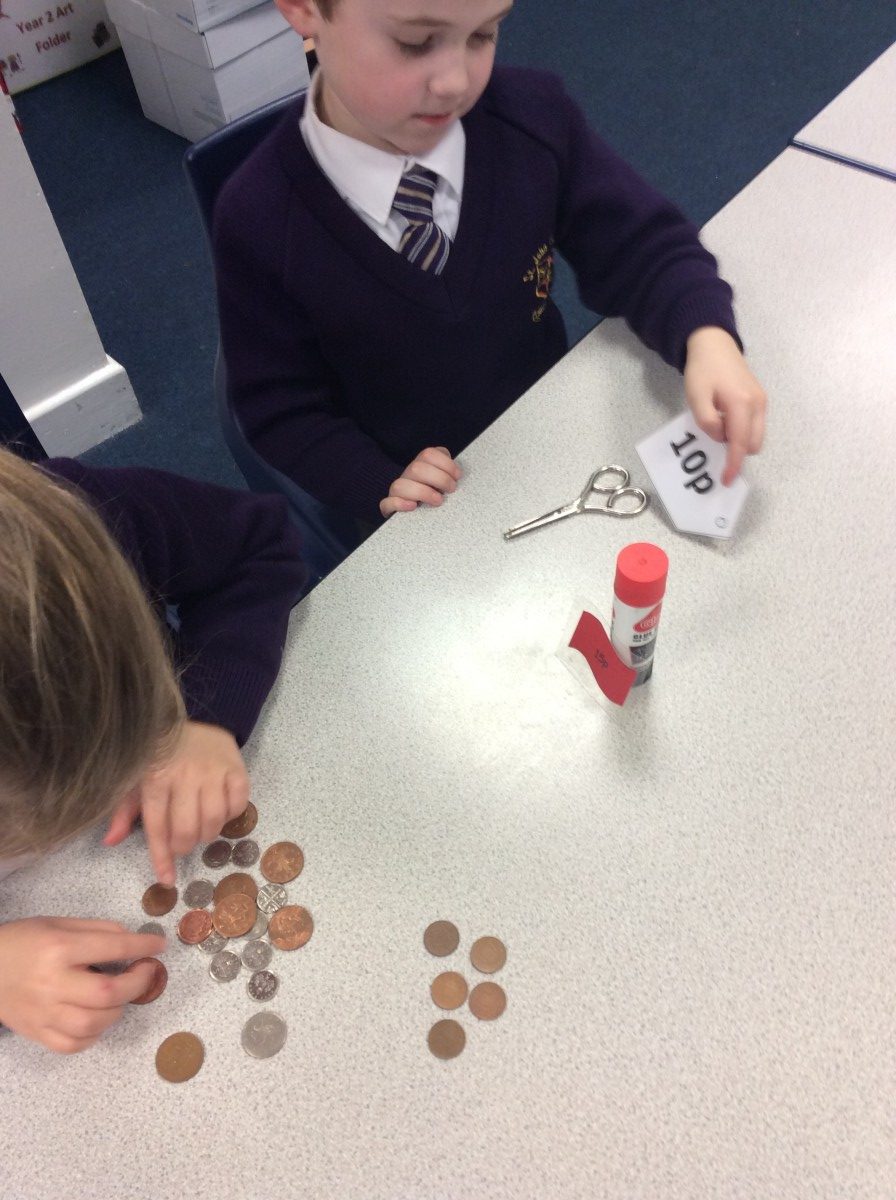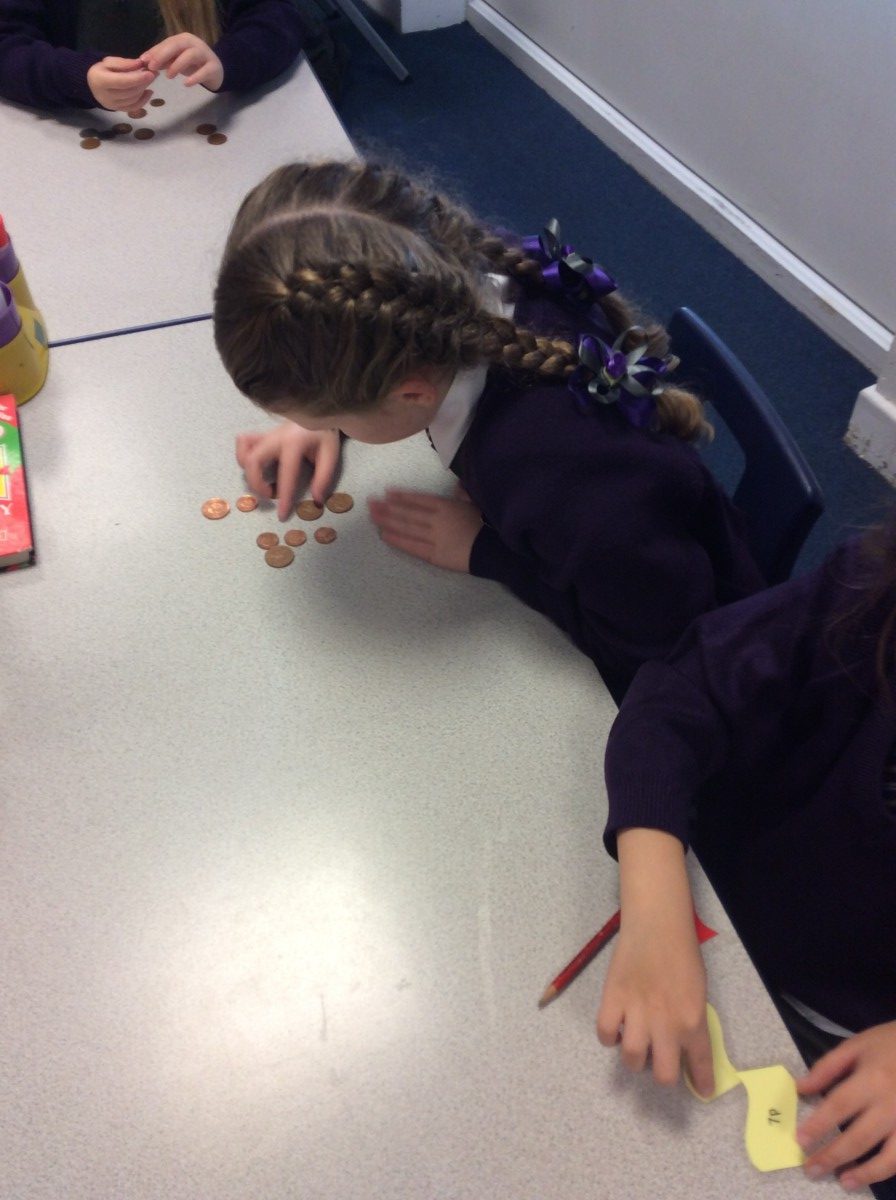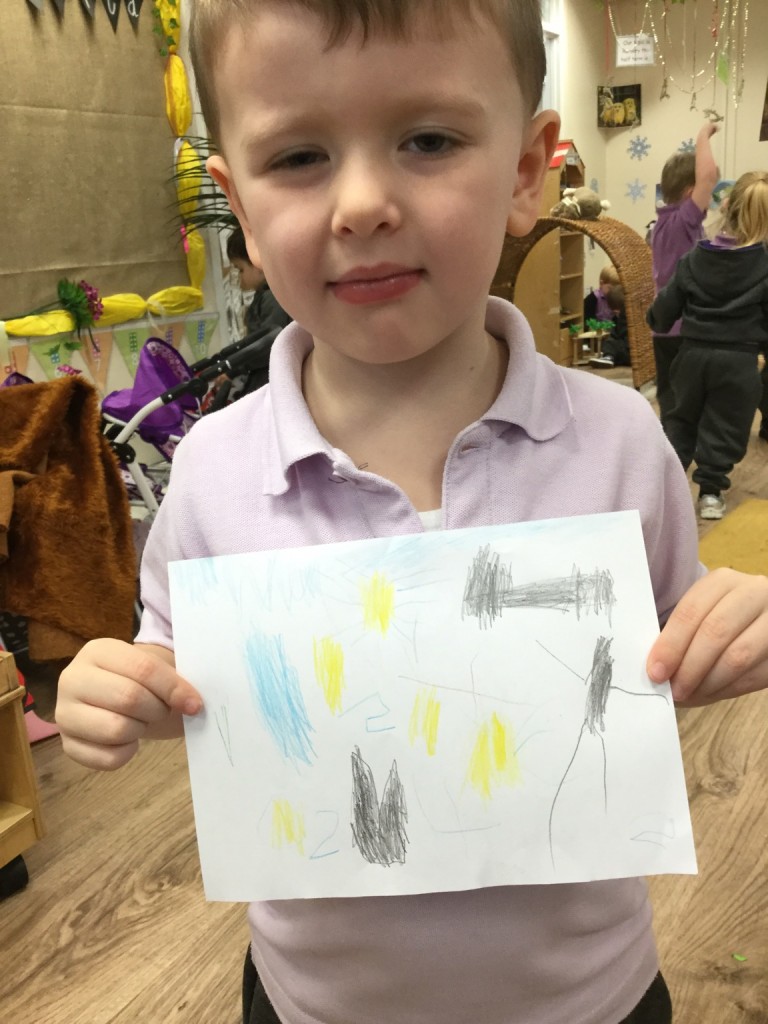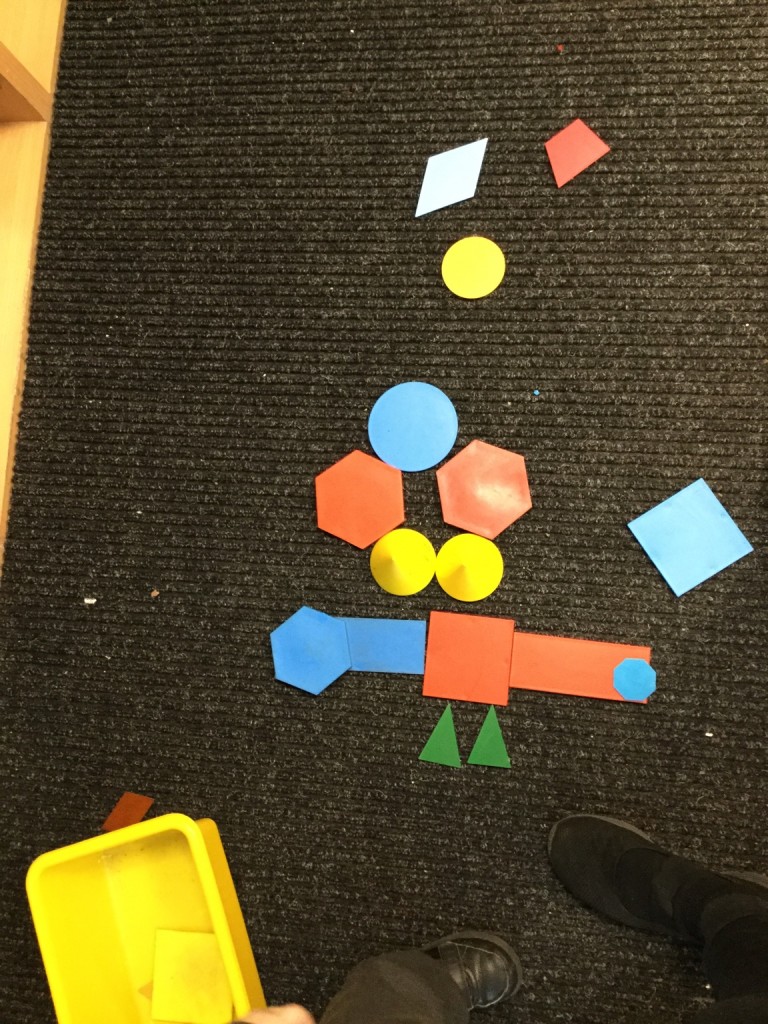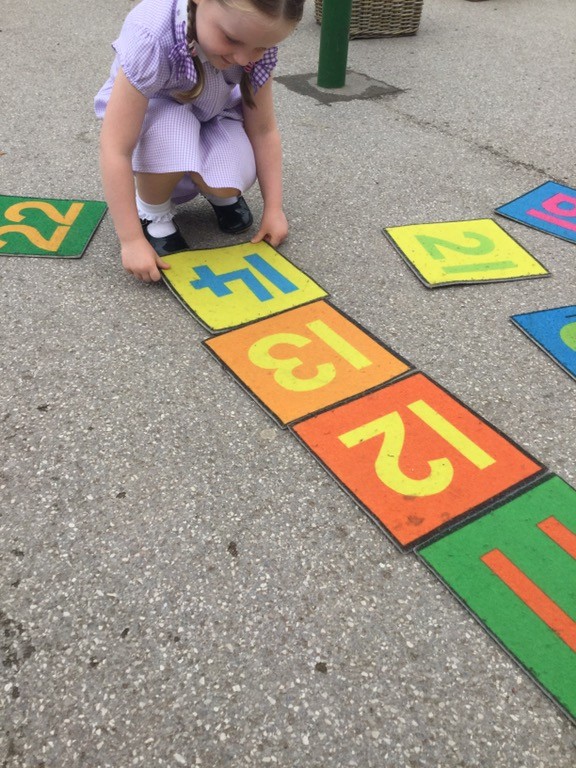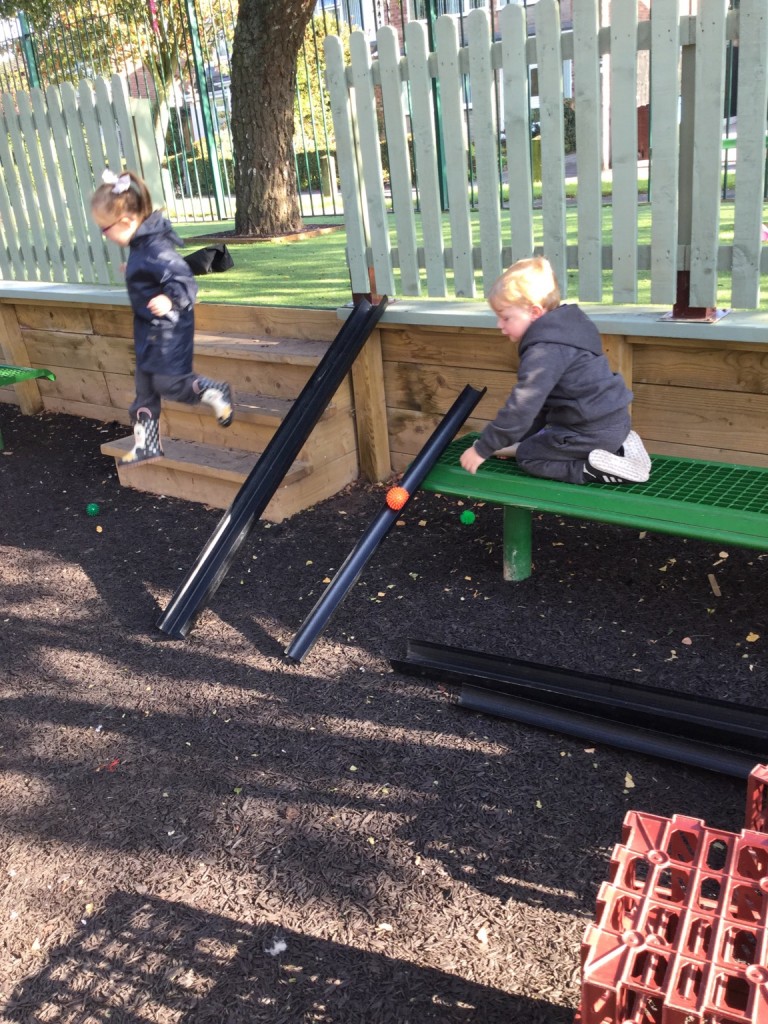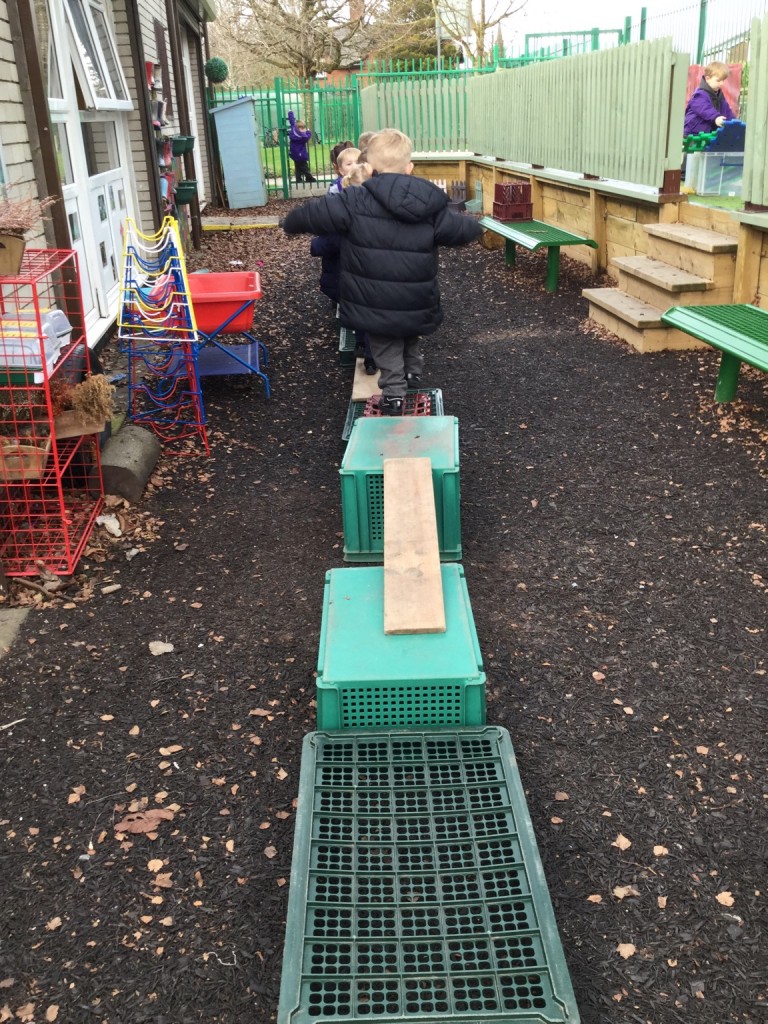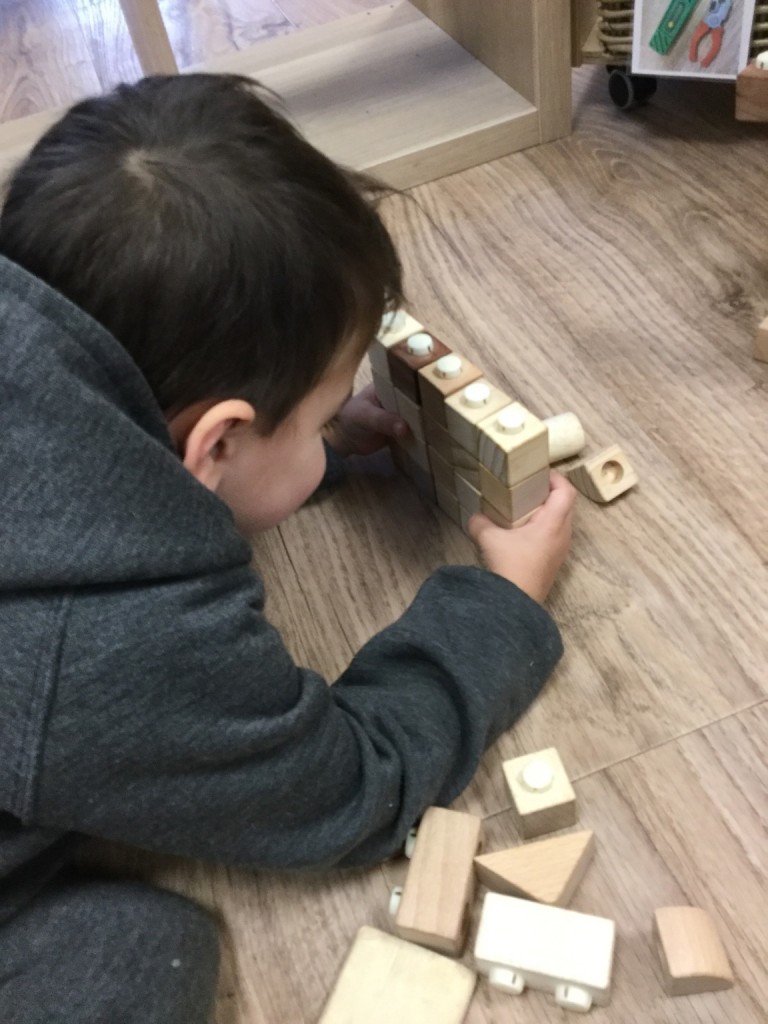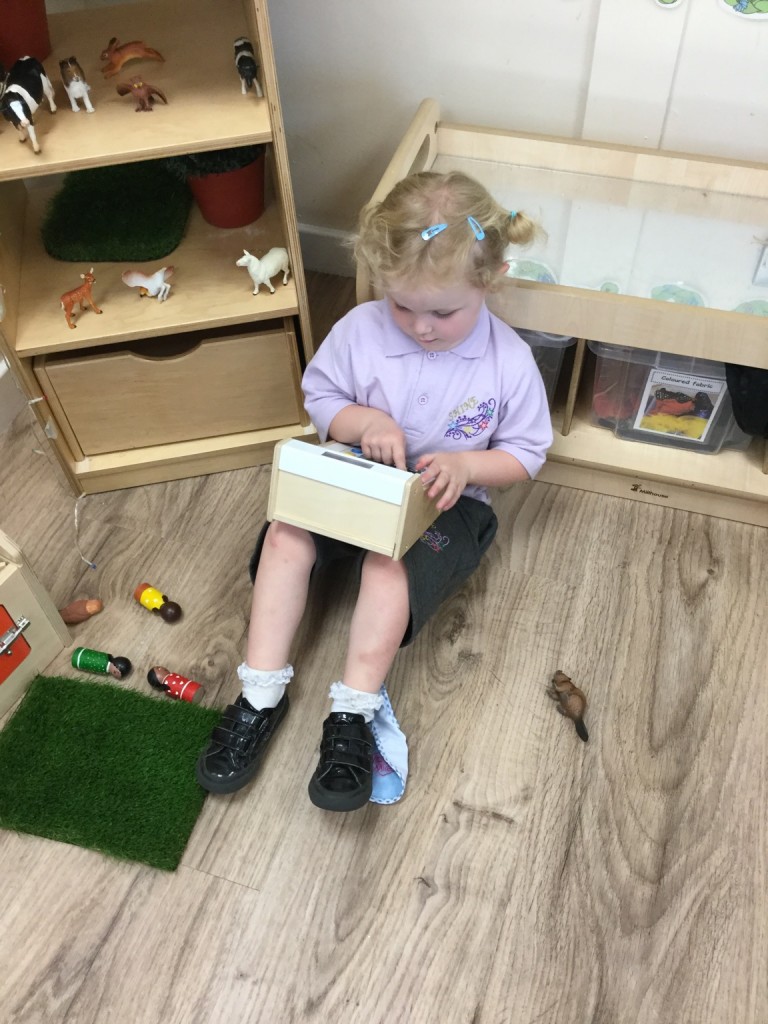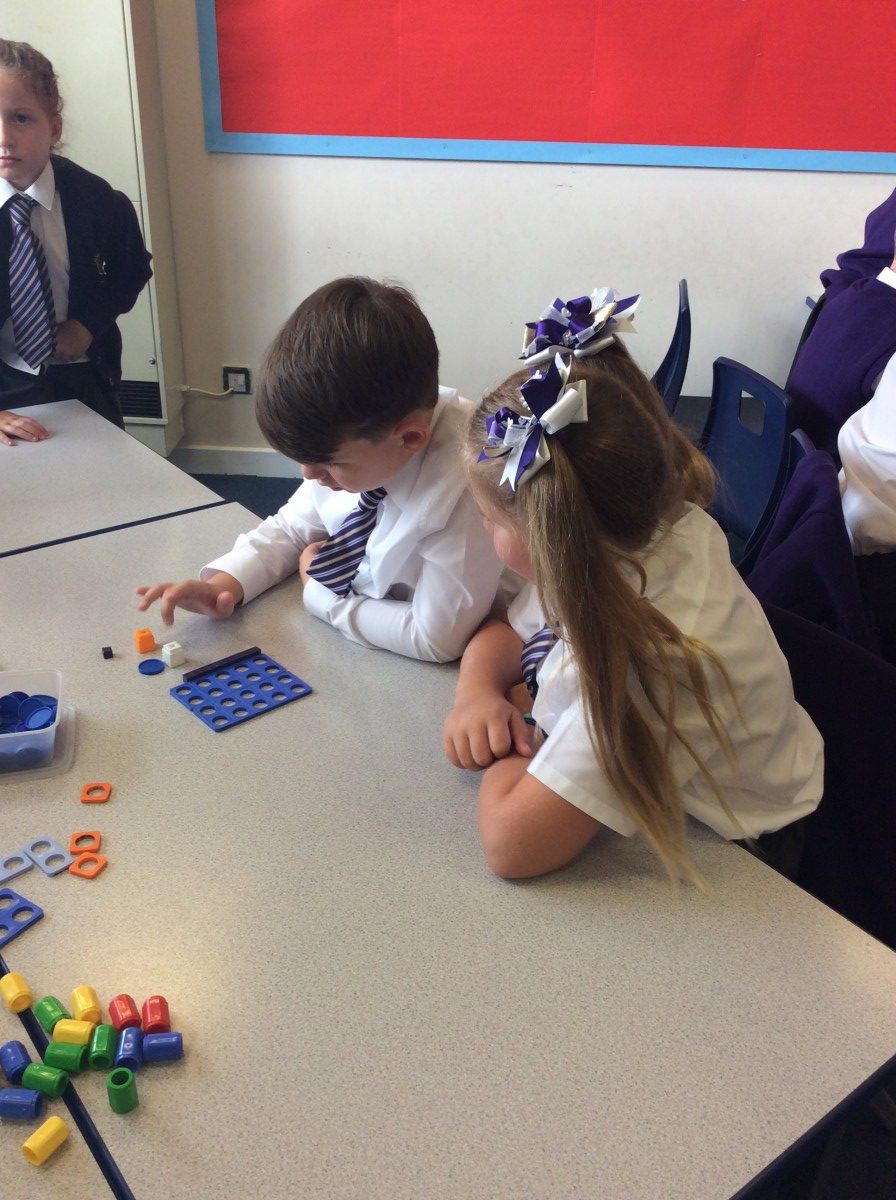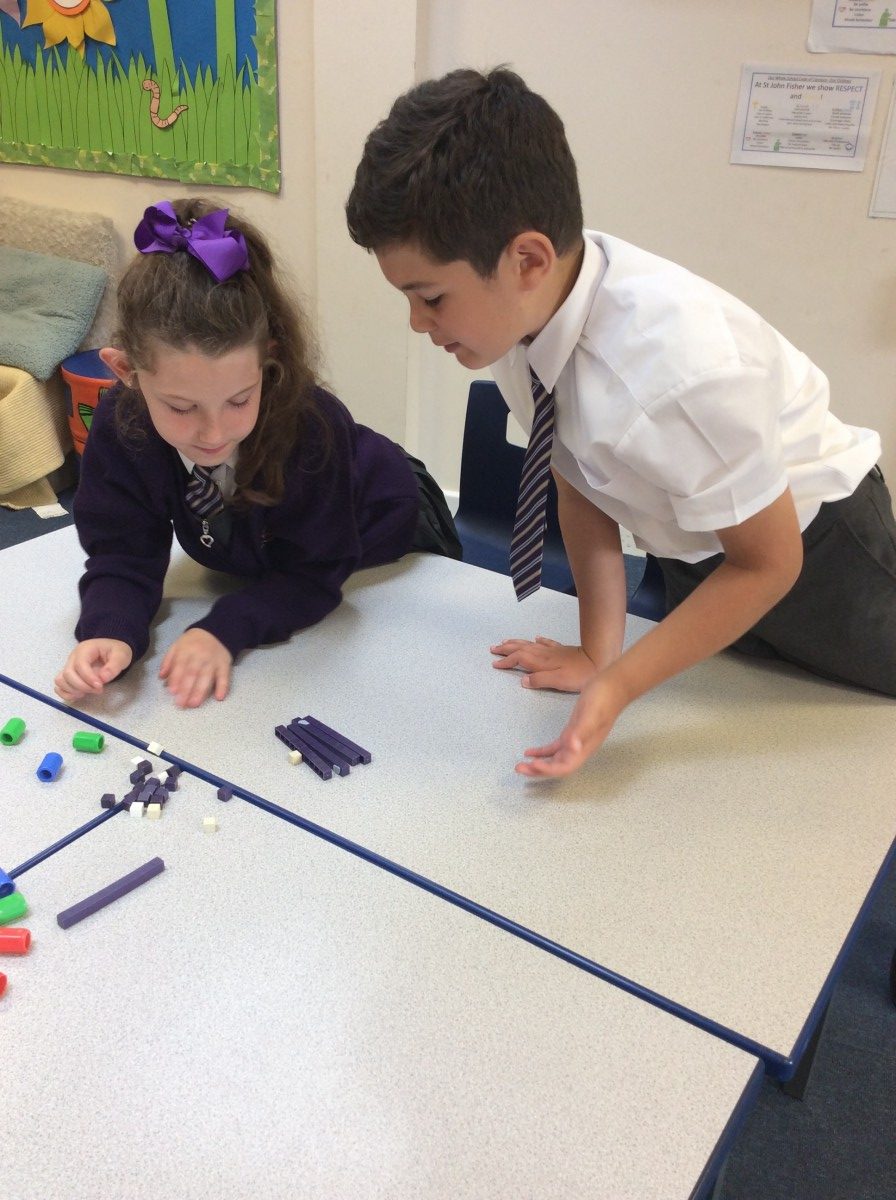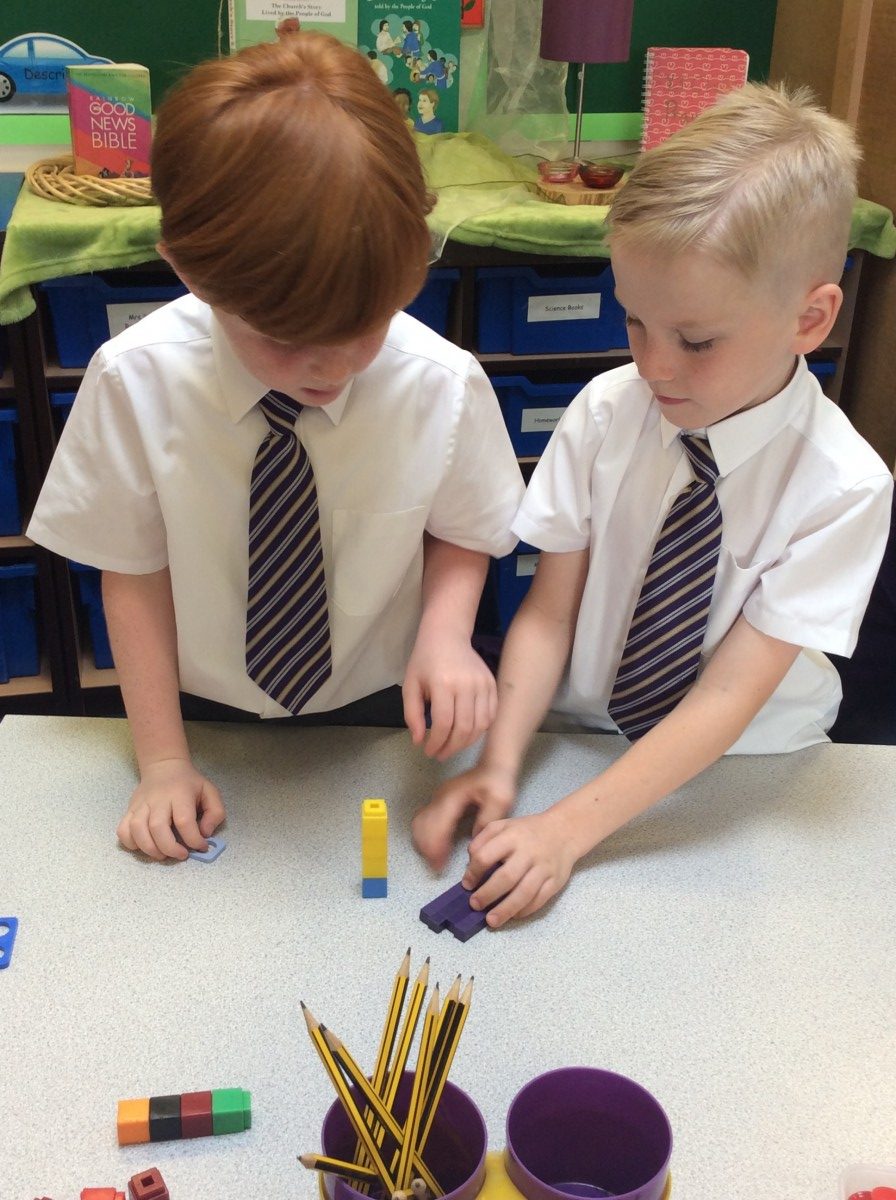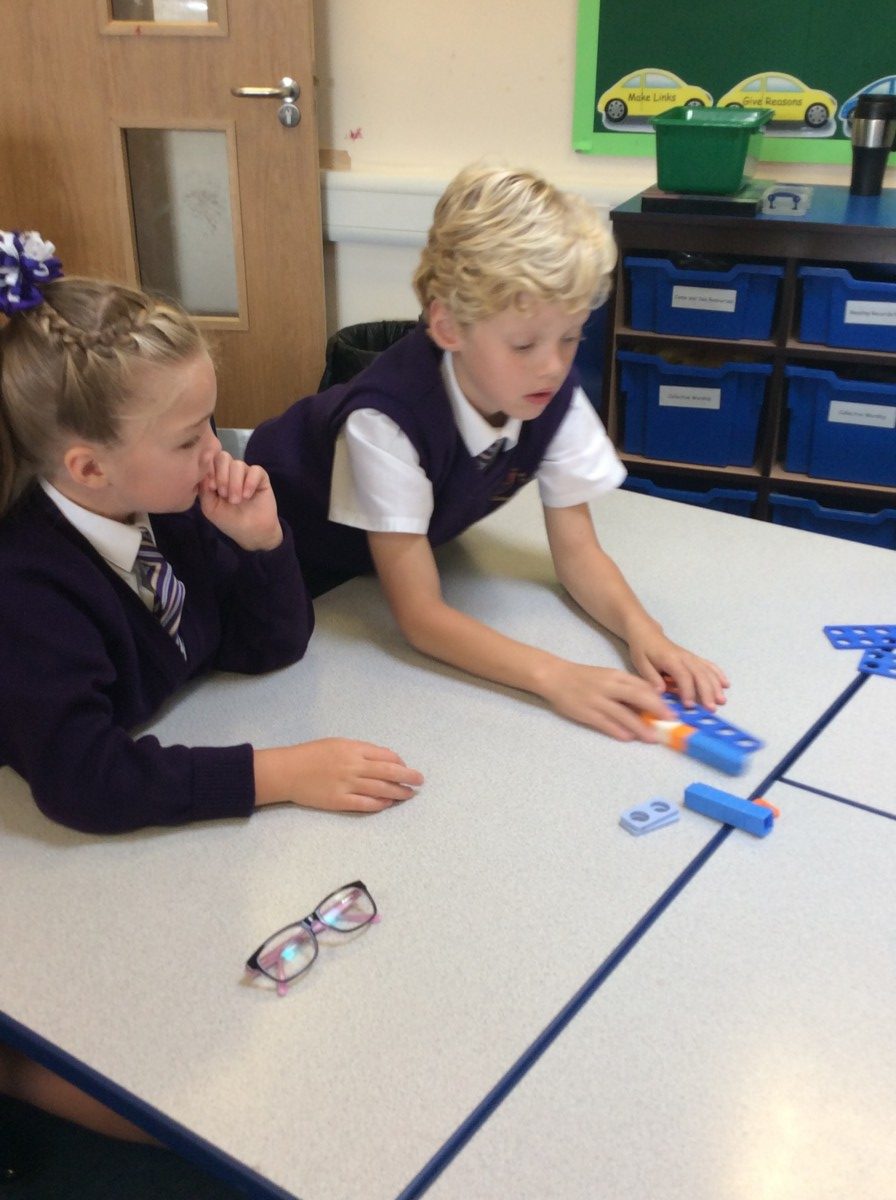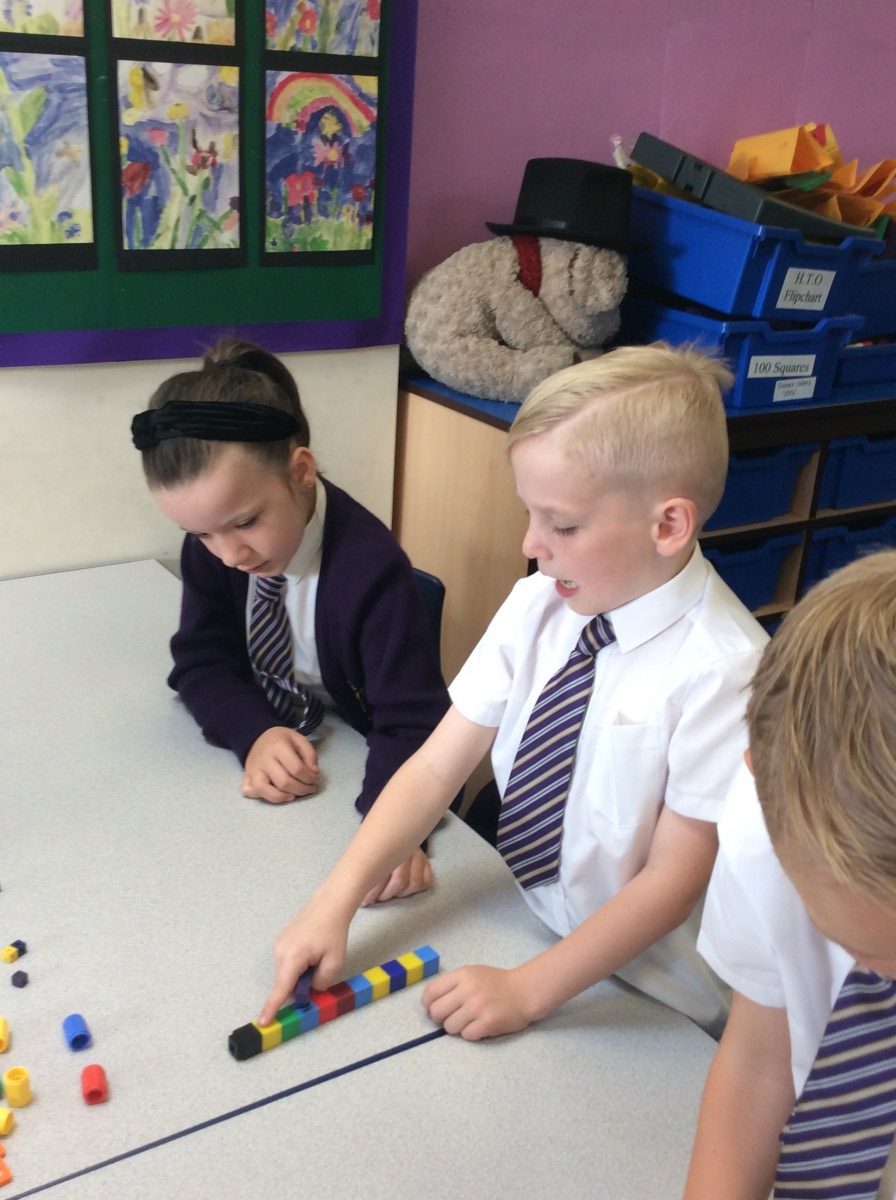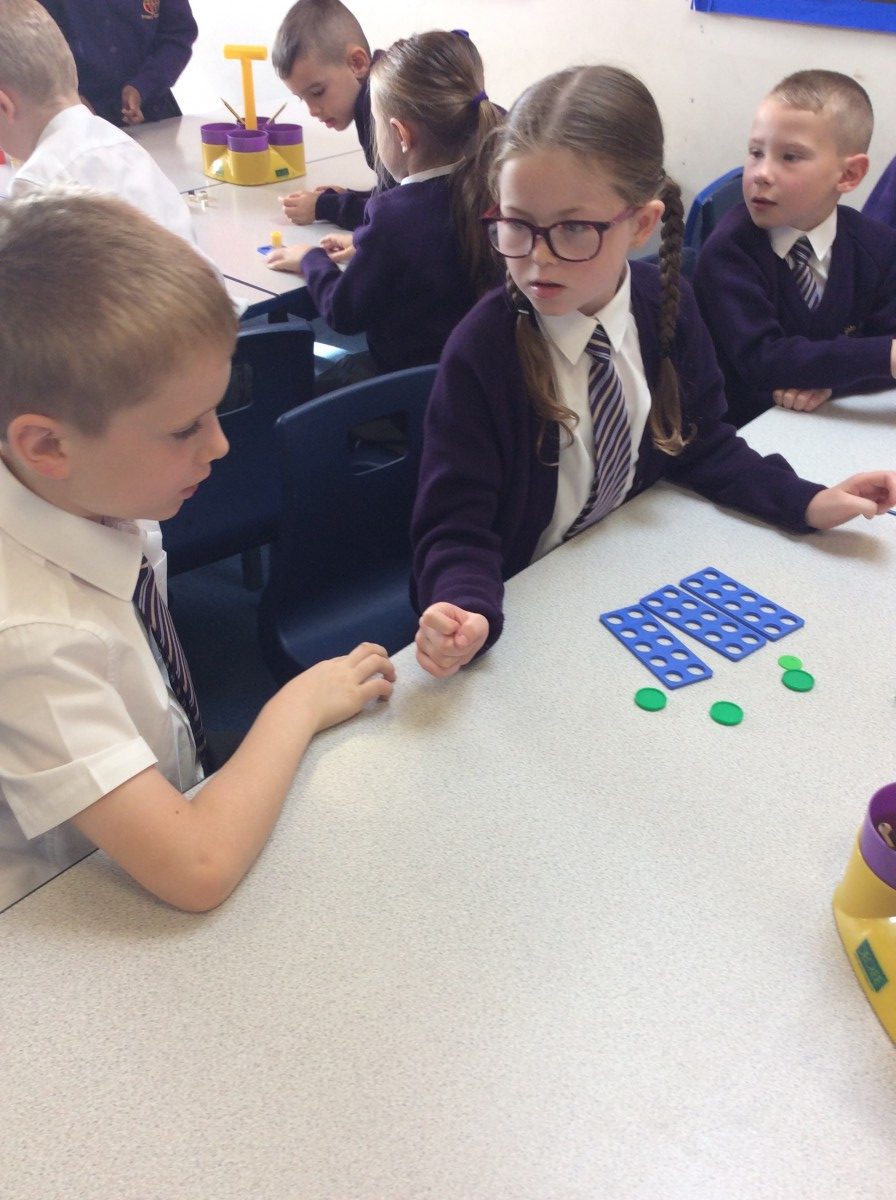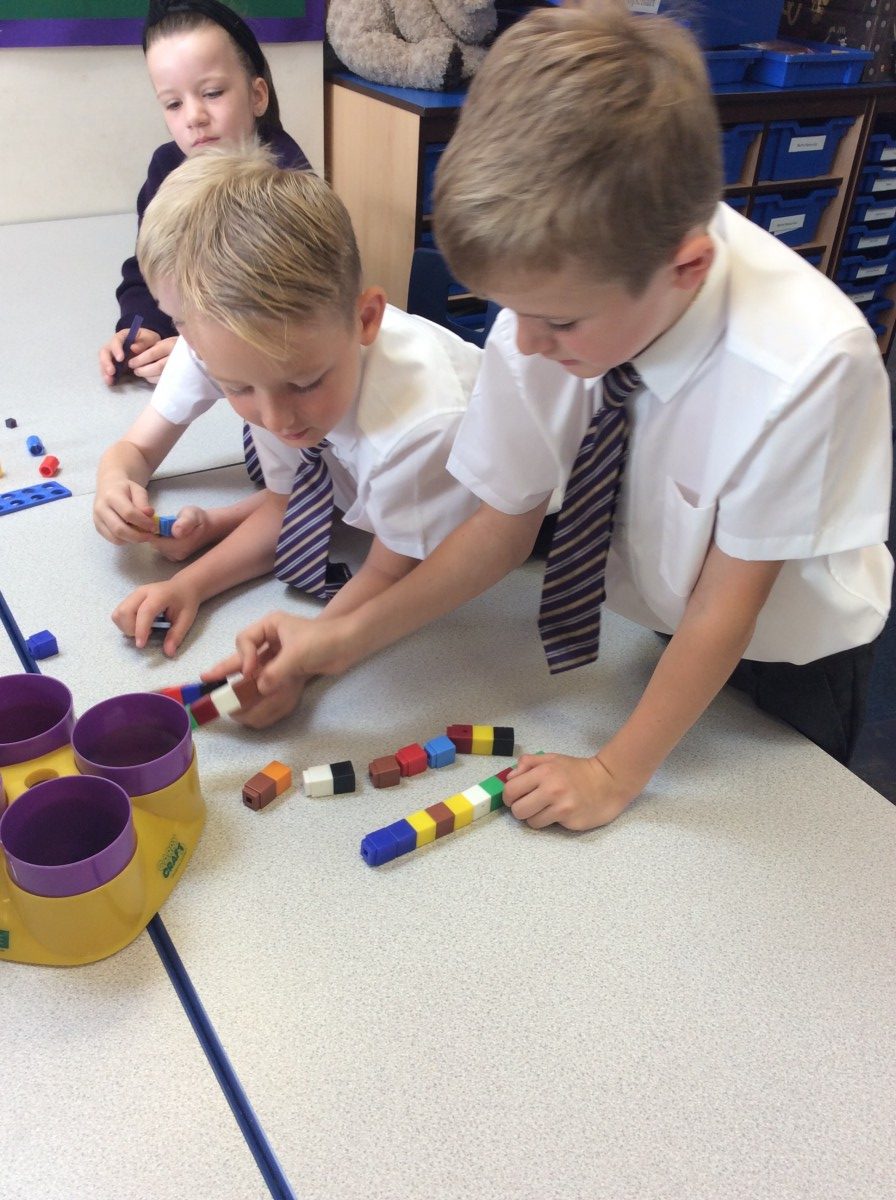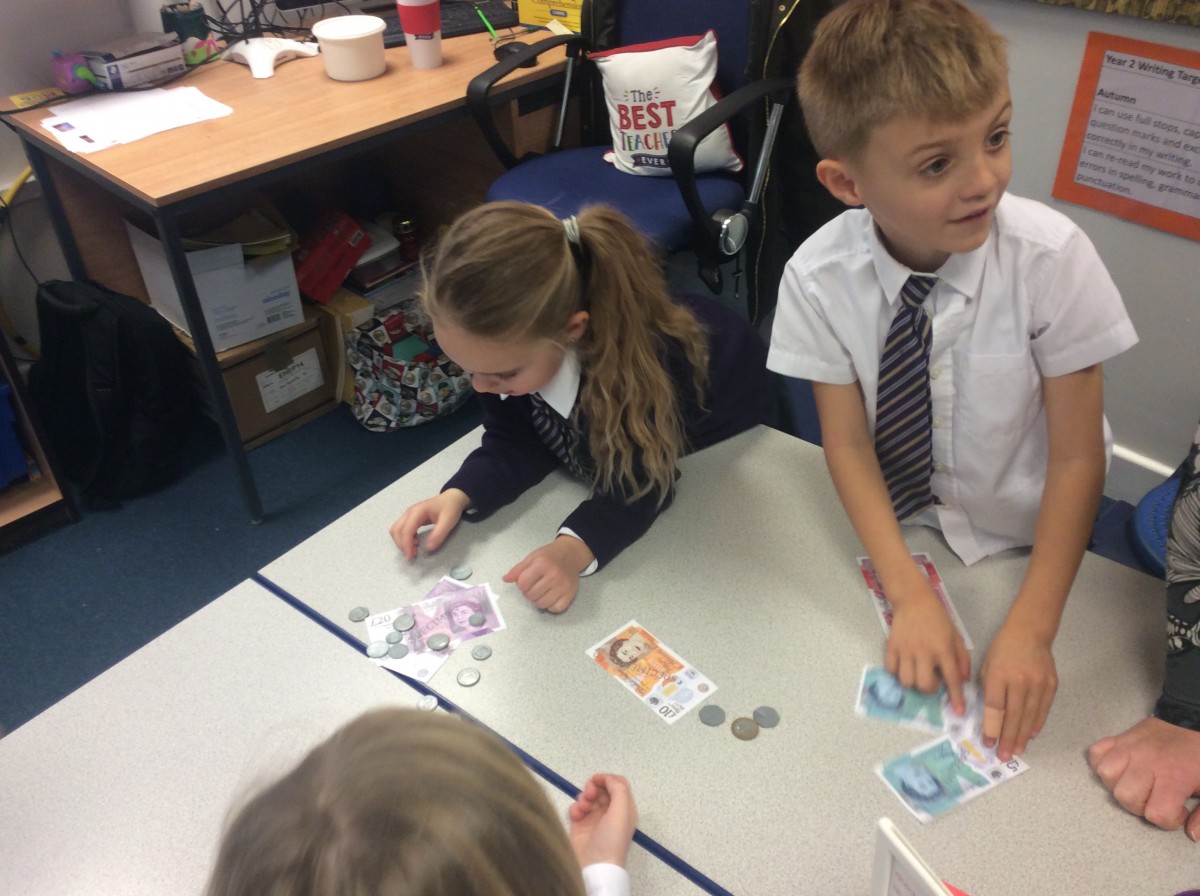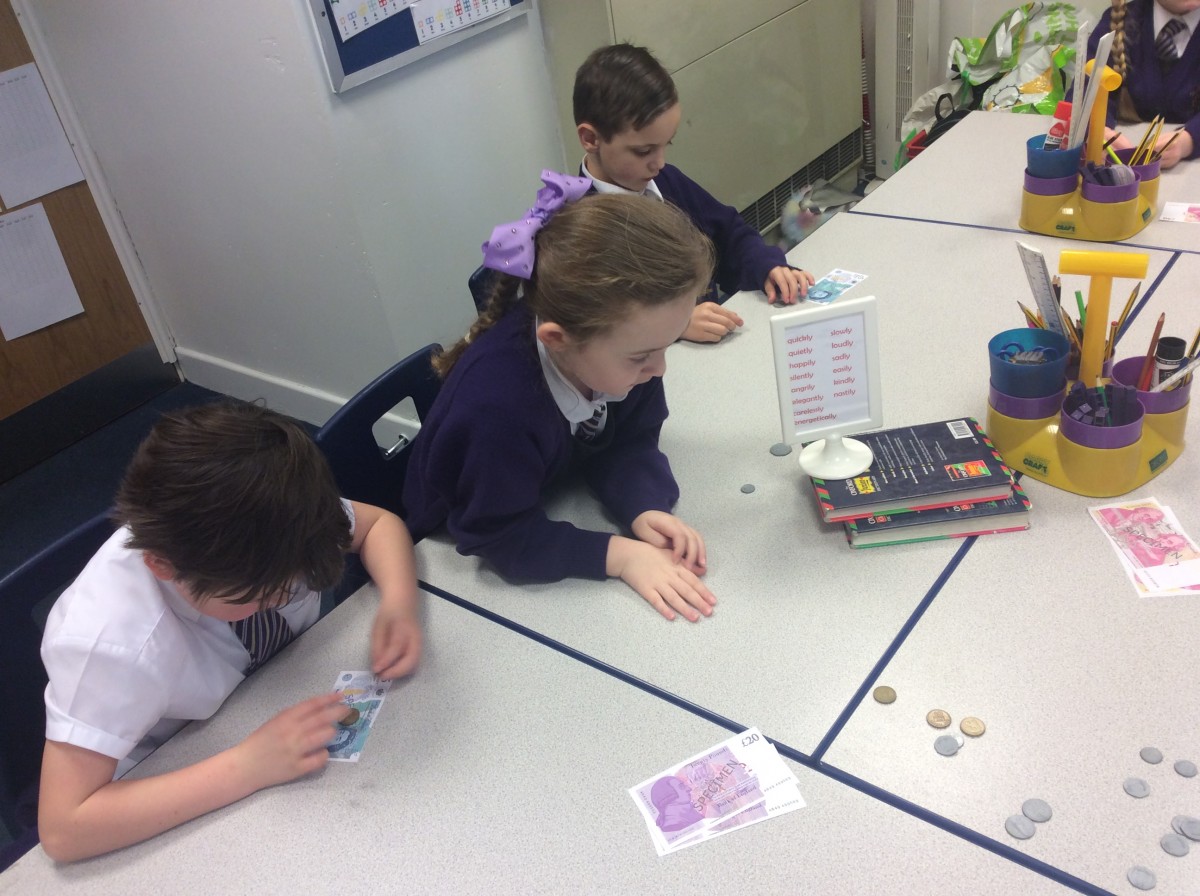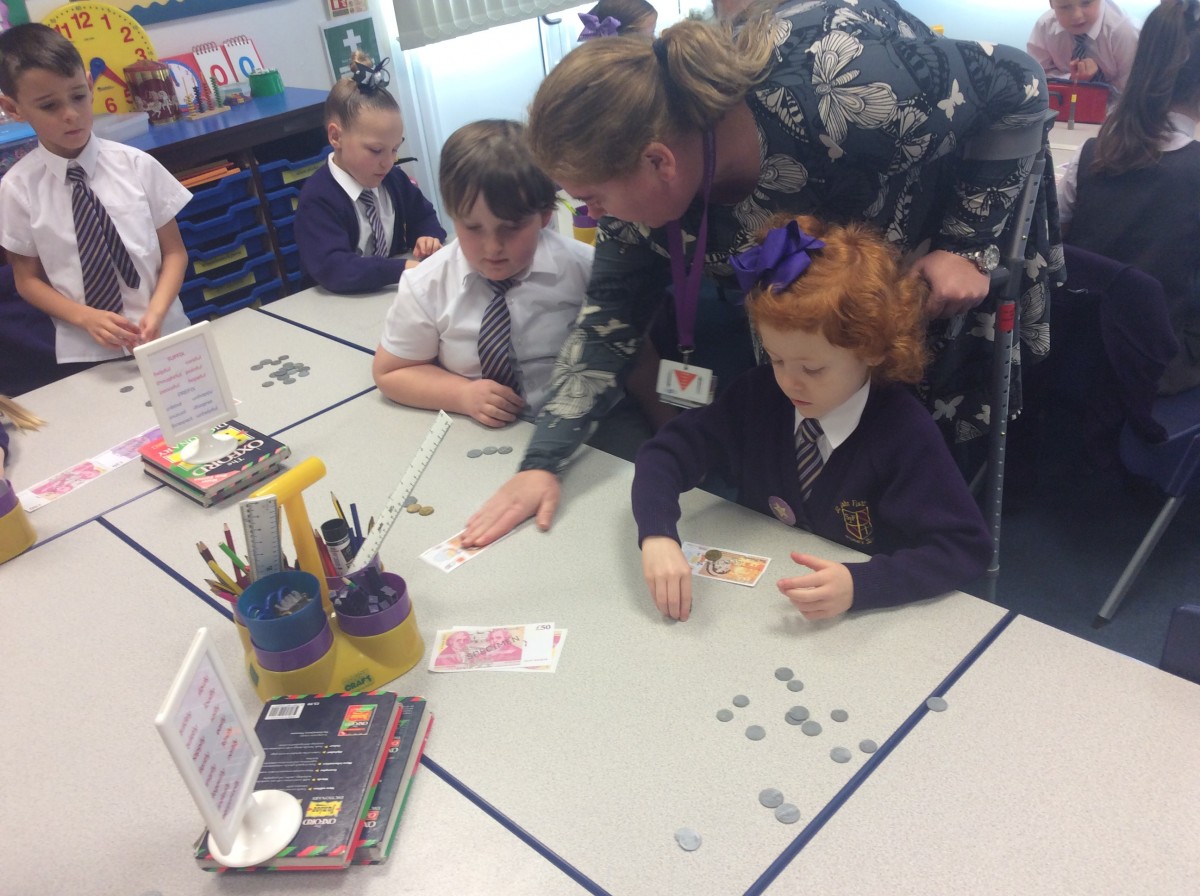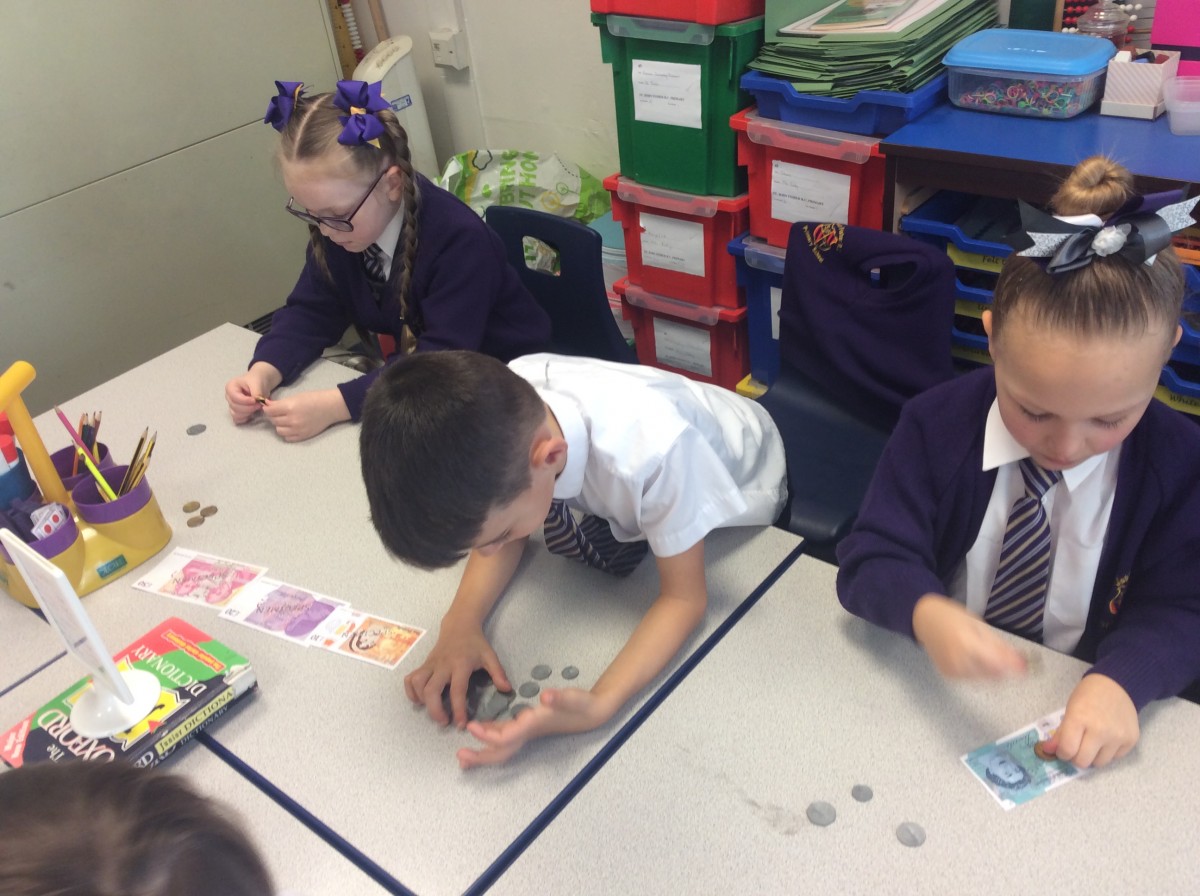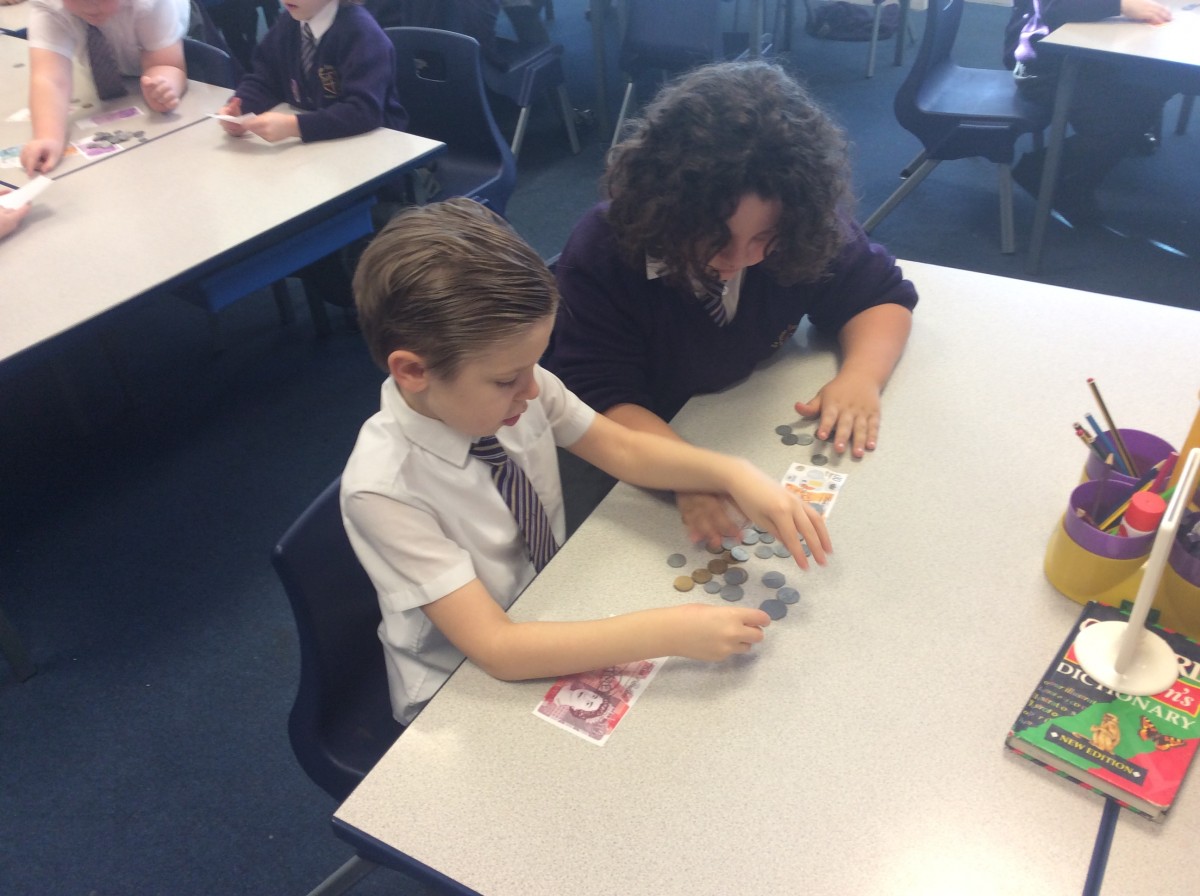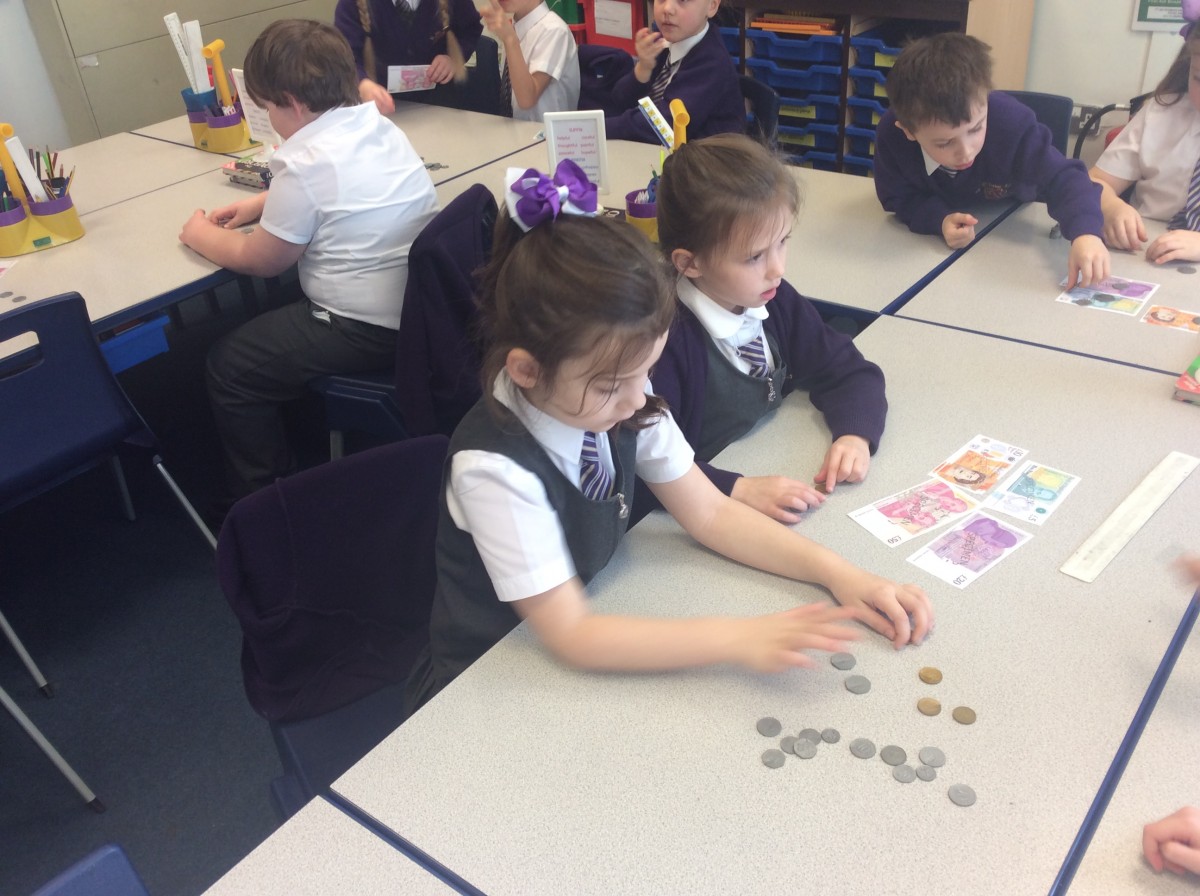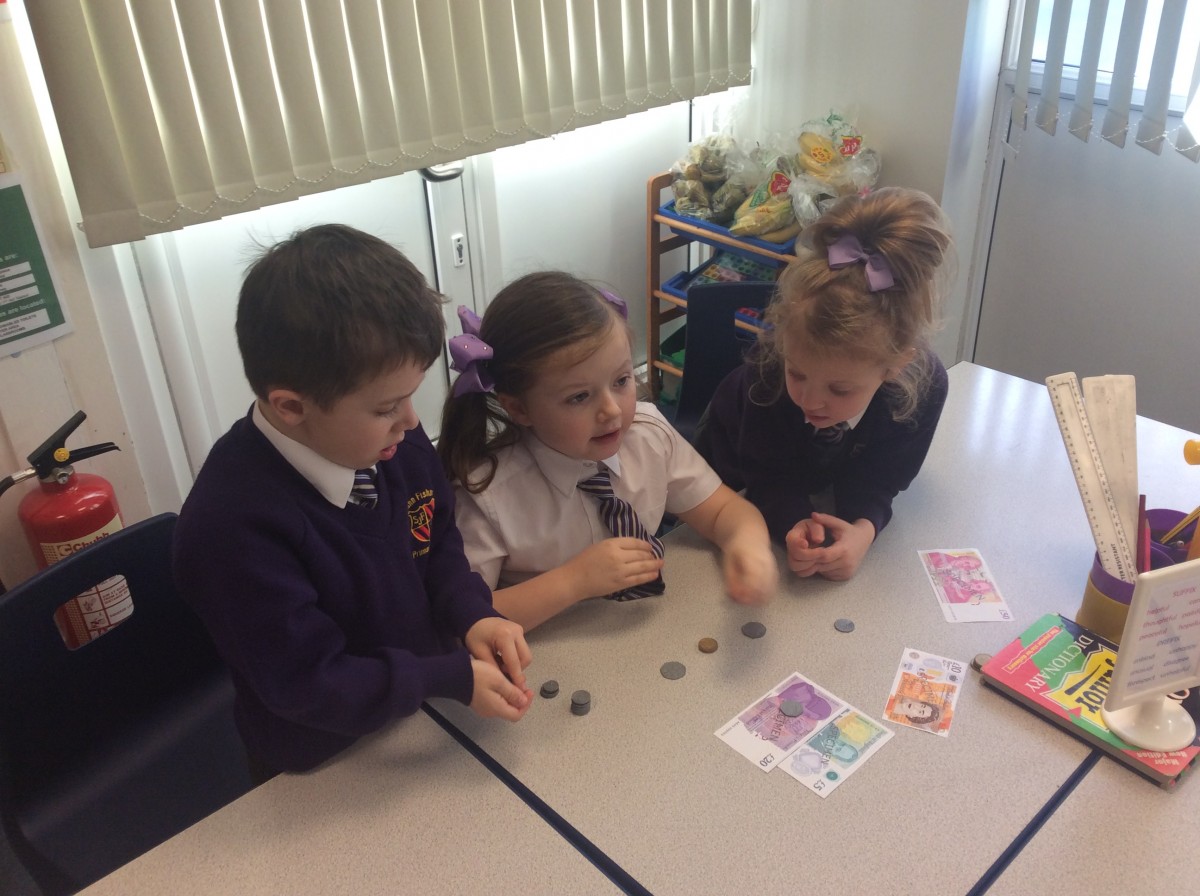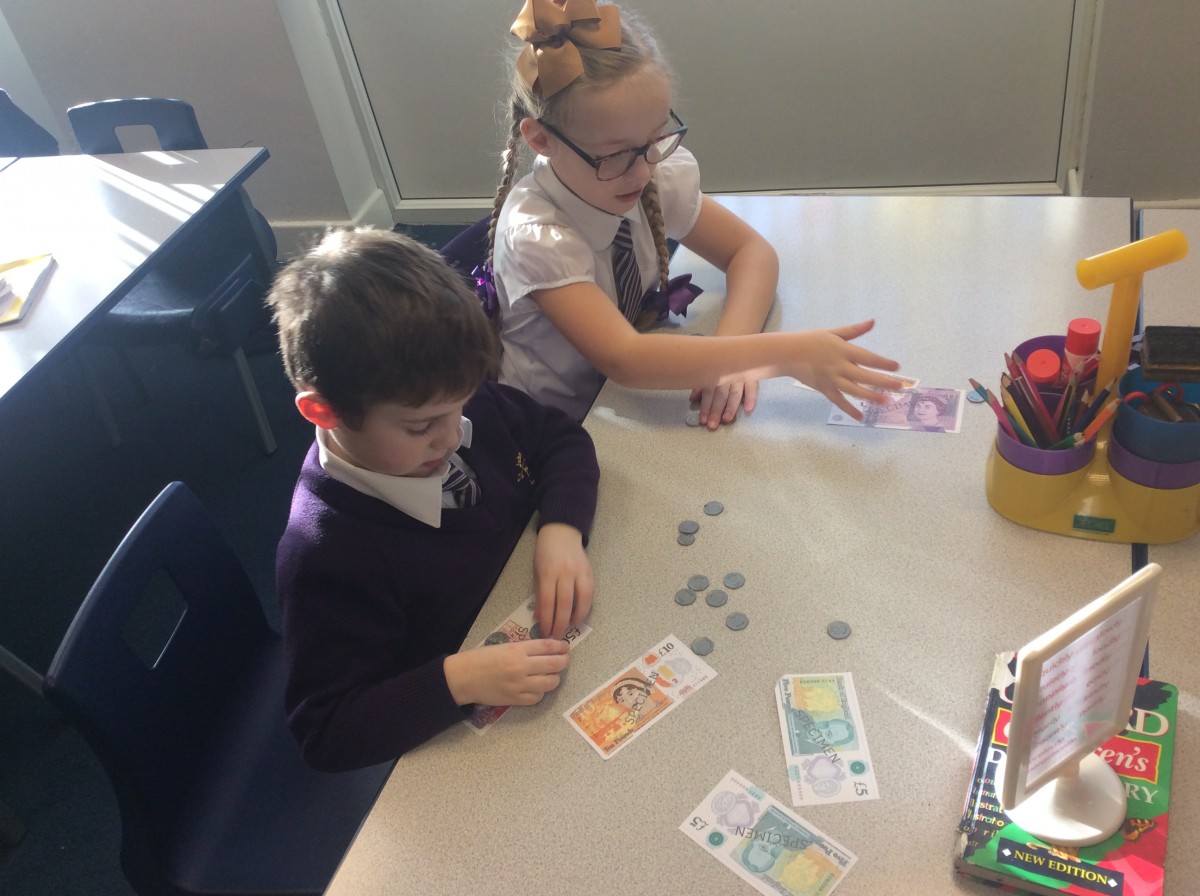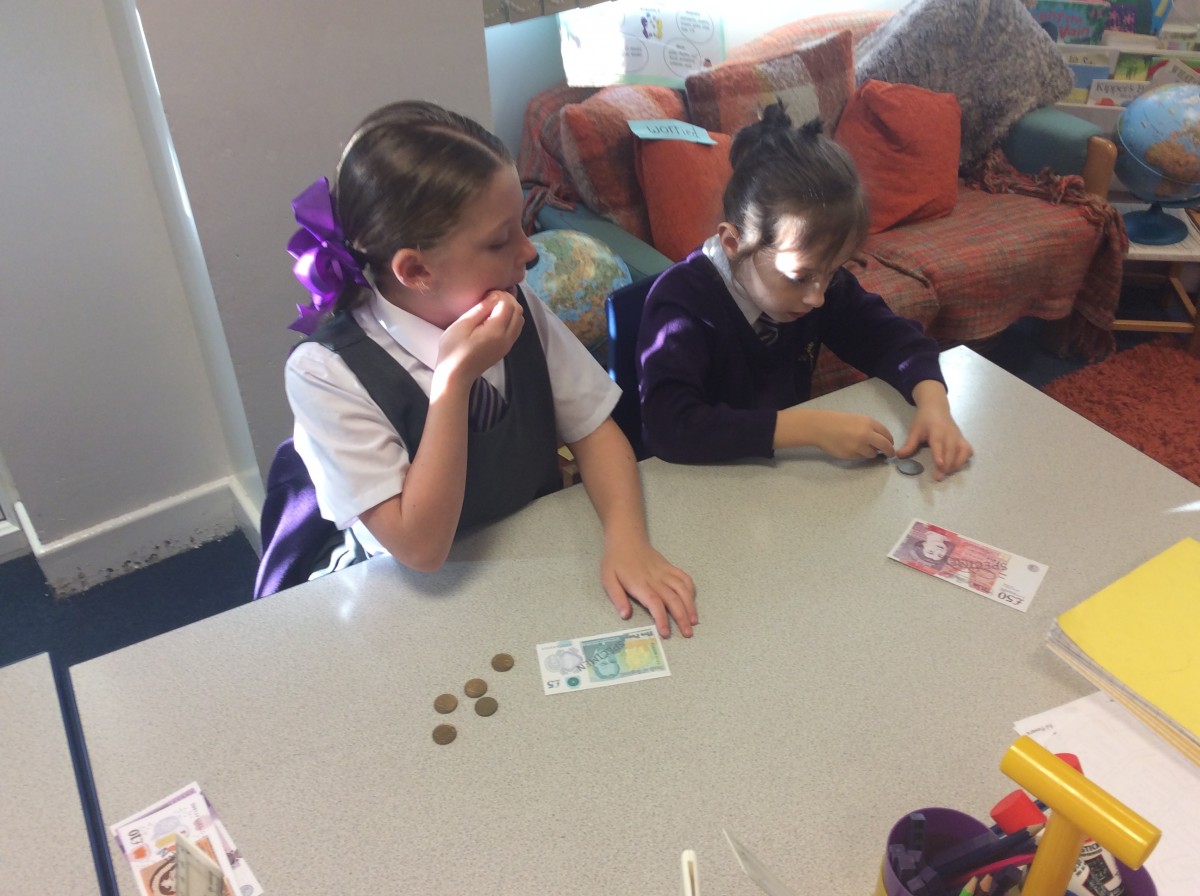St John Fisher: Our Vision
At St John Fisher, we strive to create a school community where children and adults achieve their full potential and SHINE! We will achieve this through engagement, high expectations and by treating all with respect and dignity.
Maths at St John Fisher
At St John Fisher a ‘mastery’ approach to maths has been adapted and implemented to meet the individual needs of our children. We therefore use the Power Maths Scheme of Work to ensure that our maths is broken down into small, progressive steps that are built upon daily. We feel it is essential that our children experience maths in a variety of situations and that they understand concepts using the concrete, pictorial and abstract model.
What is Power Maths?
Power Maths is a resource that has been designed for UK schools based on research and extensive experience of teaching and learning around the world and here in the UK. It has been designed to support and challenge all pupils, and is built on the belief that EVERYONE can learn maths successfully.
How does this support our approach to teaching?
The philosophy behind Power Maths is that being successful in maths is not just about rote-learning procedures and methods, but is instead about problem solving, thinking and discussing. Many people feel they were taught maths in a way that was about memorising formulas and calculation methods, then having to apply them without any real understanding of what or how these methods actually work. Power Maths includes practice questions to help children develop fluent recall and develop their conceptual understanding. Power Maths uses ‘Learning Power’ characters to prompt, encourage and question children. They spark curiosity, engage reasoning, secure understanding and deepen learning for all.
Meet the Power Maths Characters and find out about their Learning Powers:
Ash: is eager, interested and creative. He likes to imagine real life situations when solving problems and revise different areas of Maths so they are fresh in his mind.
Flo: During Maths lessons Flo likes to persevere and look for many different ways to solve problems. When planning her work, she likes to think carefully to ensure that she uses the most effective strategy to solve the problem.
Astrid: Astrid’s favourite lesson is Maths. She is brave and likes to listen carefully to other people’s opinions. When she is given a challenge she becomes absorbed in it and perseveres until she succeeds.
Dexter: Dexter loves numbers. She likes to use questioning to deepen her understanding. She likes to collaborate with her peers as she doesn’t always choose the most efficient method.
How will the lessons work?
Each lesson has a progression, with a central flow that draws the main learning into focus. There are different elements, informed by research into best practice in maths teaching, that bring the lessons to life:
- Discover – each lesson begins with a problem to solve, often a real-life example, sometimes a puzzle or a game. These are engaging and fun, and designed to get all children thinking.
- Share – the class shares their ideas and compares different ways to solve the problem, explaining their reasoning with hands-on resources and drawings to make their ideas clear. Children are able to develop their understanding of the concept with input from the teacher.
- Think together – the next part of the lesson is a journey through the concept, digging deeper and deeper so that each child builds on secure foundations while being challenged to apply their understanding in different ways and with increasing independence.
- Practice – now children practice individually or in small groups, rehearsing and developing their skills to build fluency, understanding of the concept and confidence.
- Reflect – finally, children are prompted to reflect on and record their learning from each session and show how they have grasped the concept explored in the lesson.
What if my child needs a confidence boost, or wants to be challenged further?
Power Maths is based on a ‘small-steps’ approach, sometimes called a mastery approach. This means that the concepts are broken down so that your child can master one idea without feeling over-whelmed. There are a range of fluency, reasoning and problem solving questions in each lesson that are designed to support the different needs and confidence levels within a class, while at the same time fostering a spirit of working and learning together. Each lesson includes a challenge question for those children who can delve deeper into a concept.
Maths Policy
Maths Progression Document
Maths in EYFS:
Maths is one of the four specific areas within the Early Years Foundation Stage (EYFS). Each specific area is divided into Early Learning Goals, for maths these are: Numbers – children learn to count and the value of numbers, higher and lower and Shape, Space and Measure – Children use everyday language to talk about size, weight, capacity, position, distance, time and money to compare quantities and objects and to solve problems. They recognise, create and describe patterns. They explore characteristics of everyday objects and shapes and use mathematical language to describe them.
Long Term Plan
Maths Vocabulary Progression
Calculation Policies
Please click below to access our calculation policy:
Practical Maths
Parent Help Section
Full blog available to read here:
https://wordunited.com/tips-for-teaching-kids-about-money/
Full blog available to read here:
https://wordunited.com/7-kids-telling-time-games-and-resources/


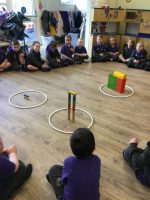
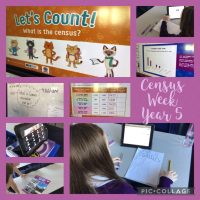
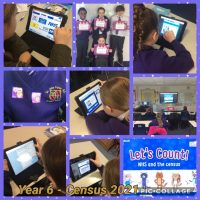

![IMG_0113[1] IMG_0113[1]](https://stjohnfisherprimary.co.uk/wp-content/uploads/2021/02/IMG_01131-768x1024-150x200.jpg)
